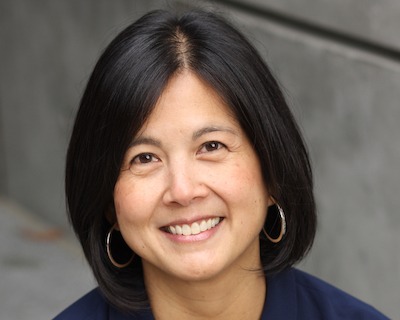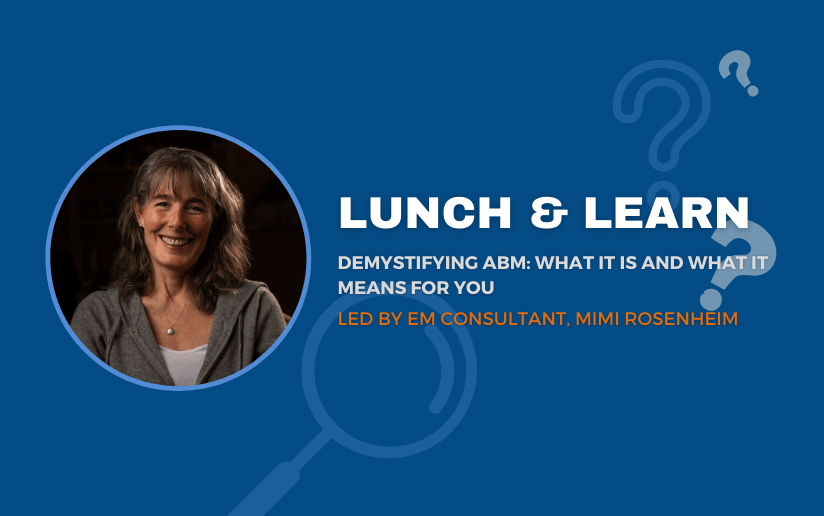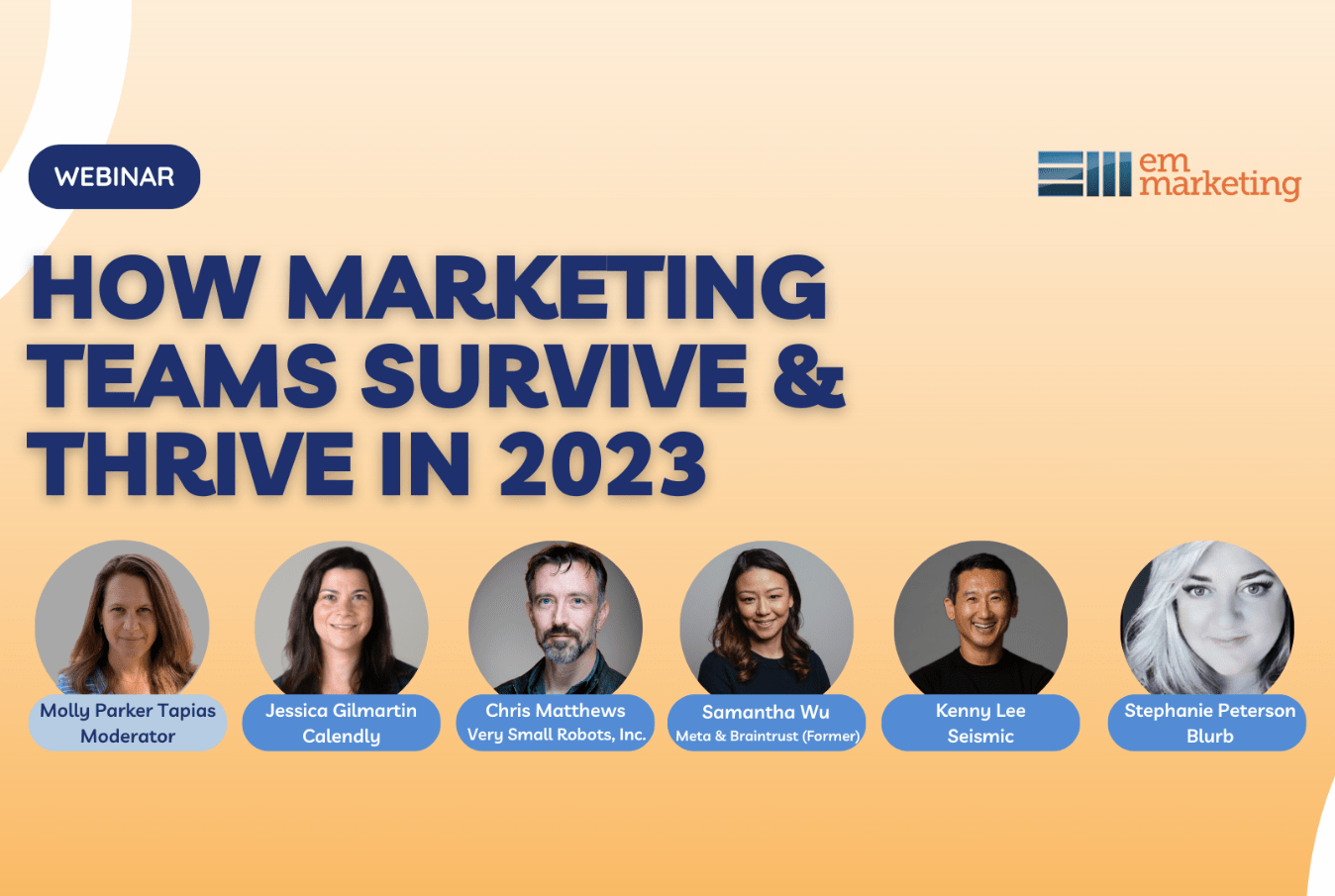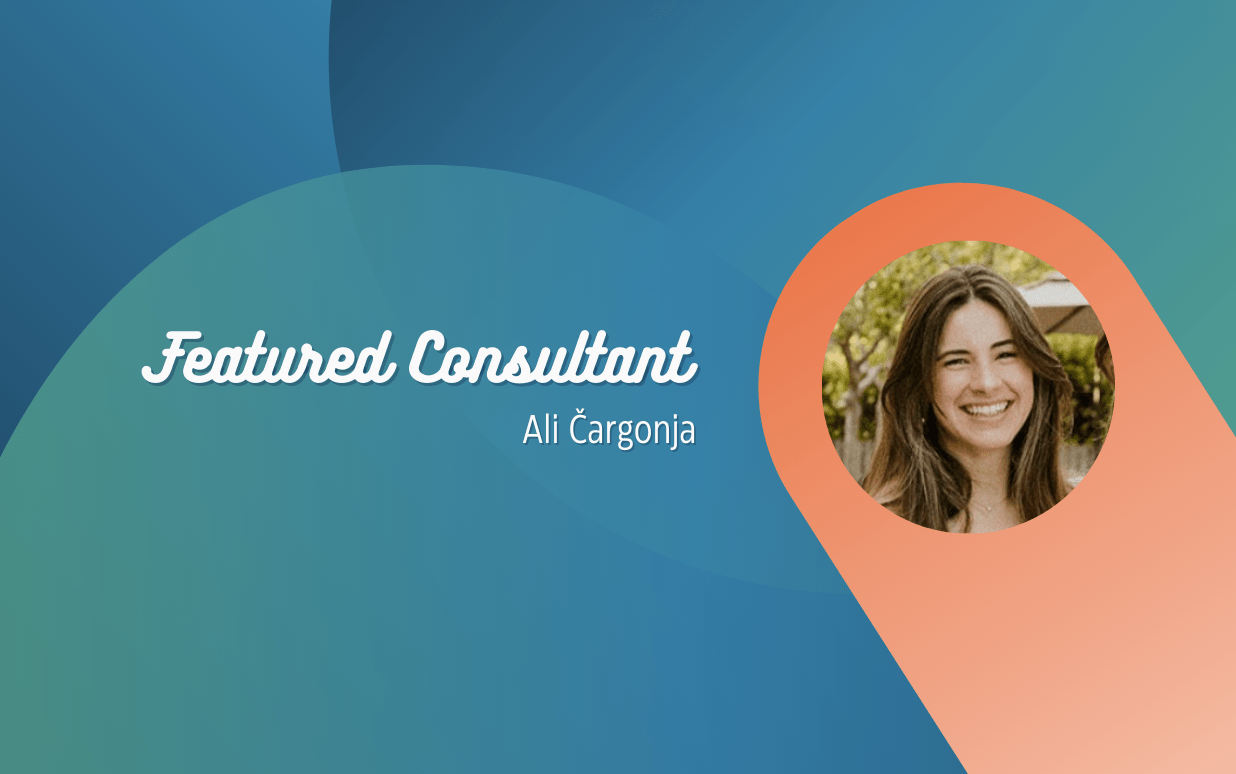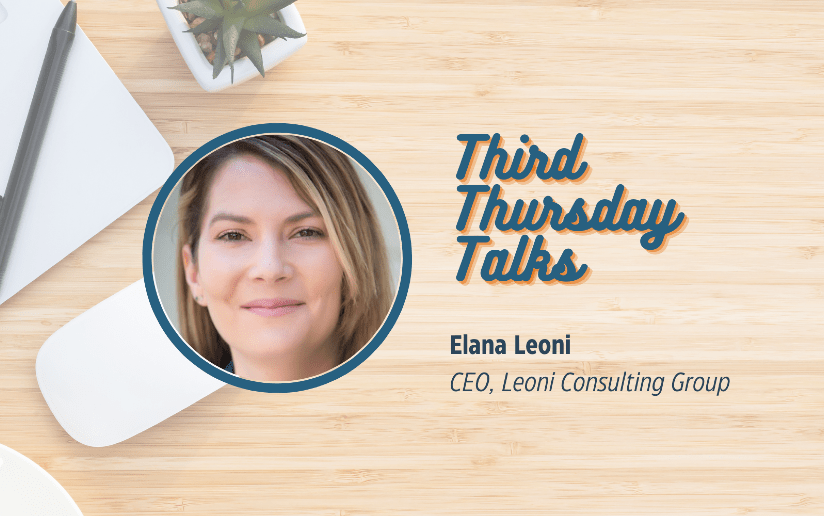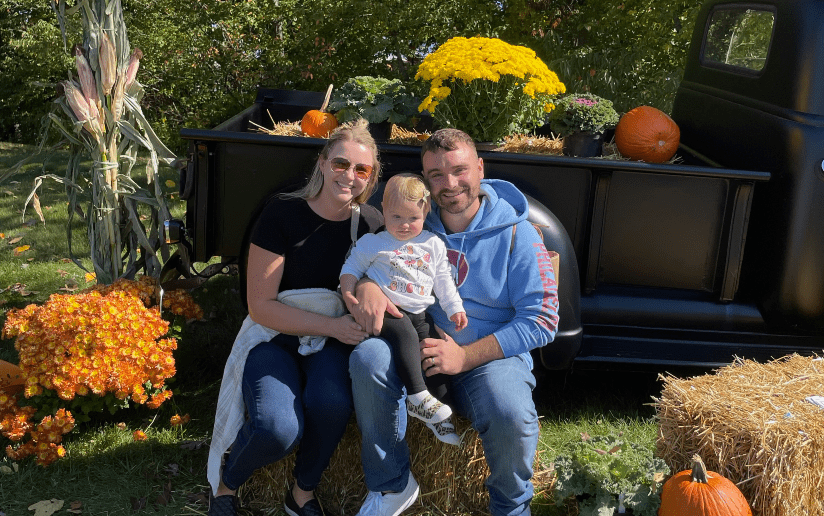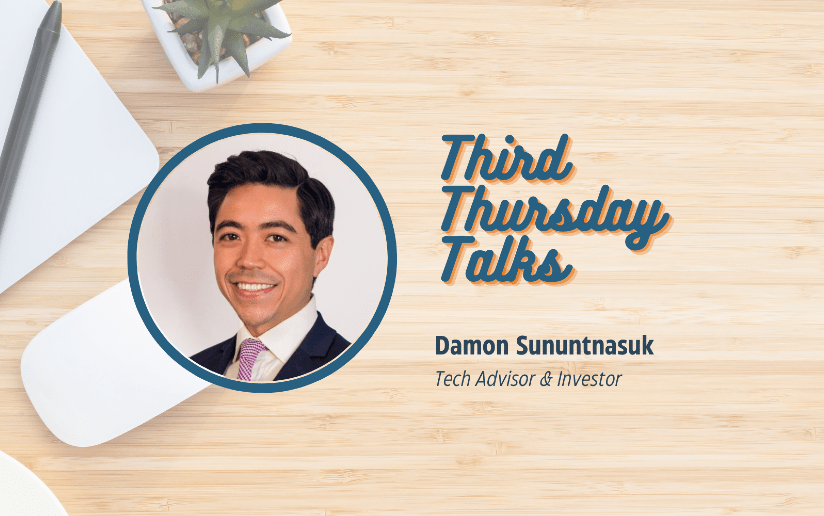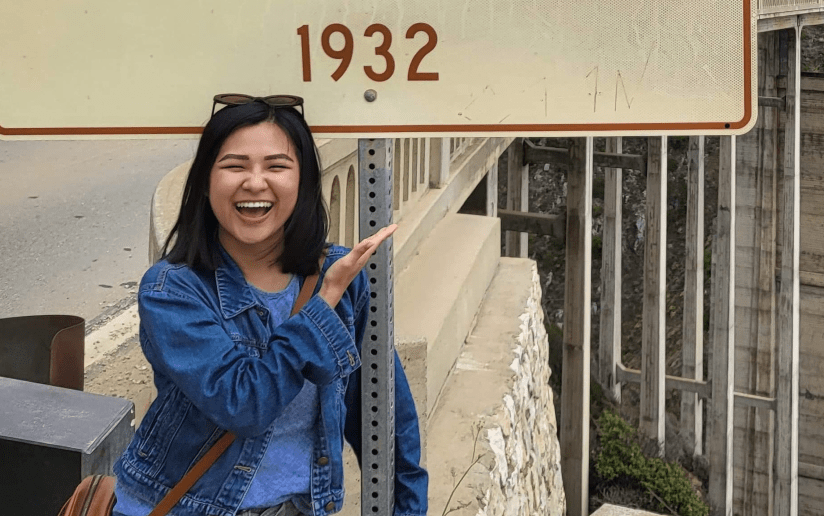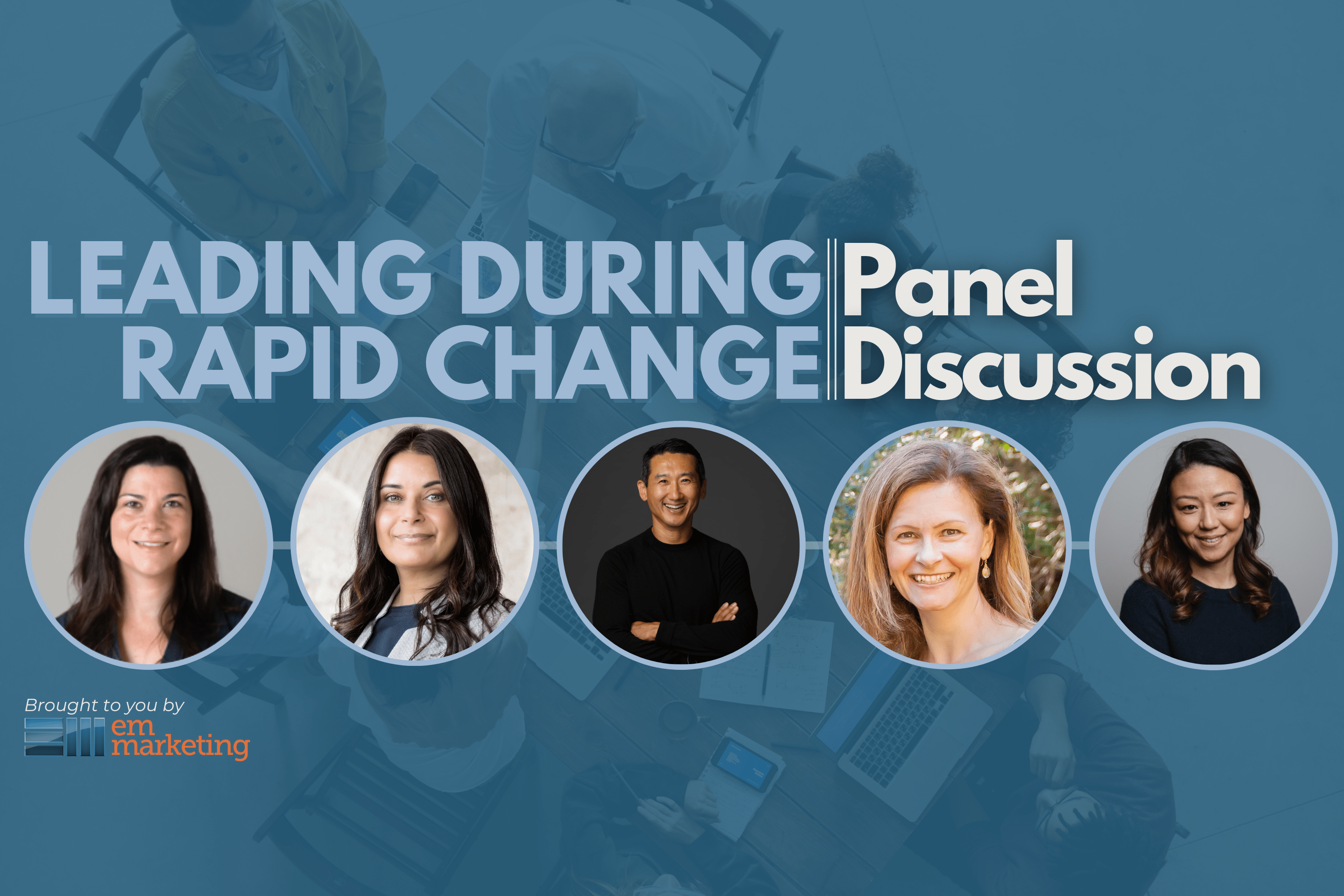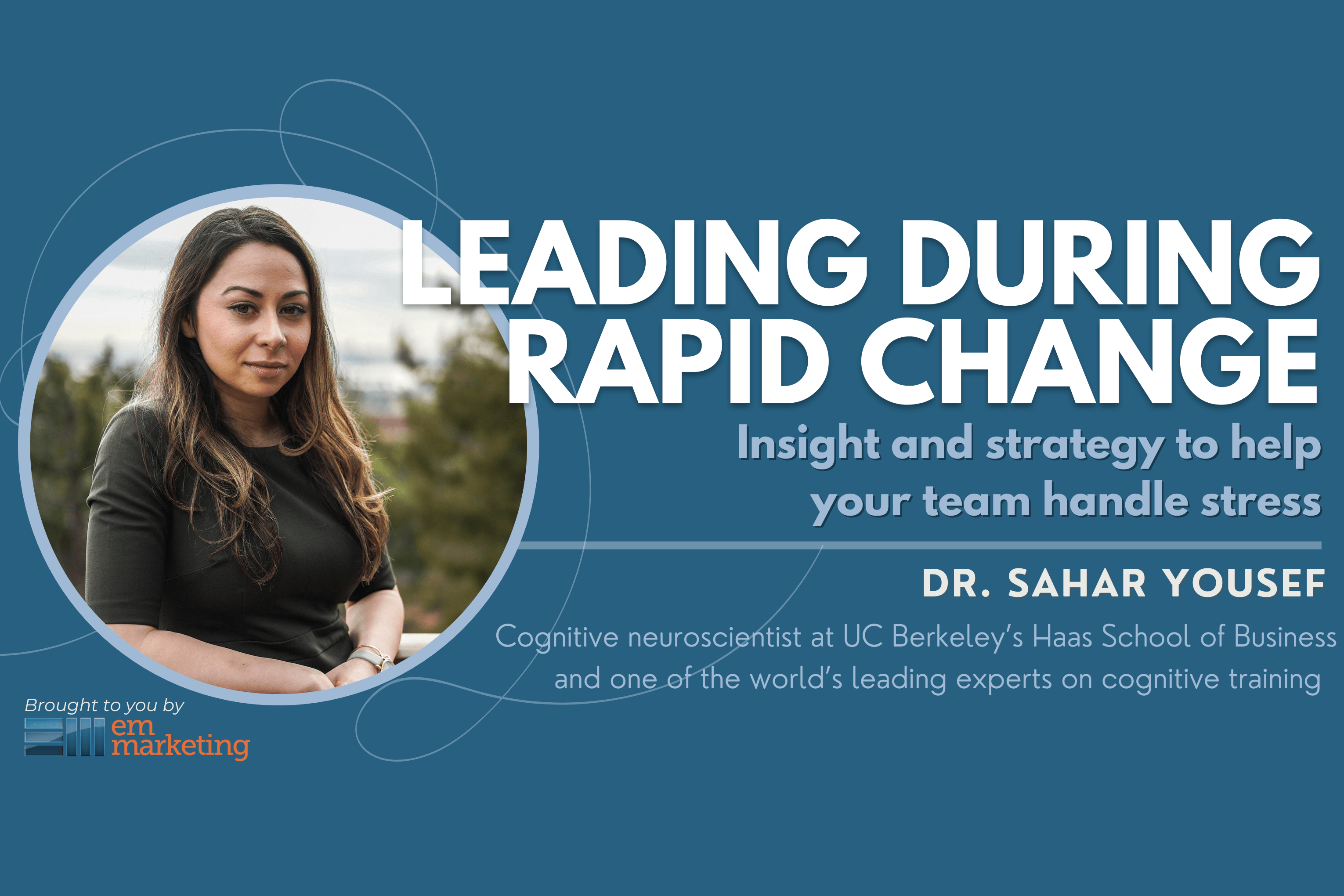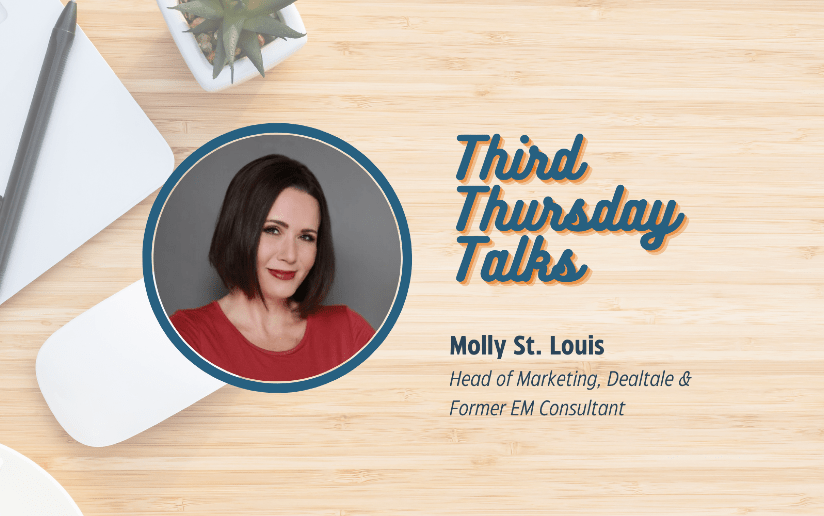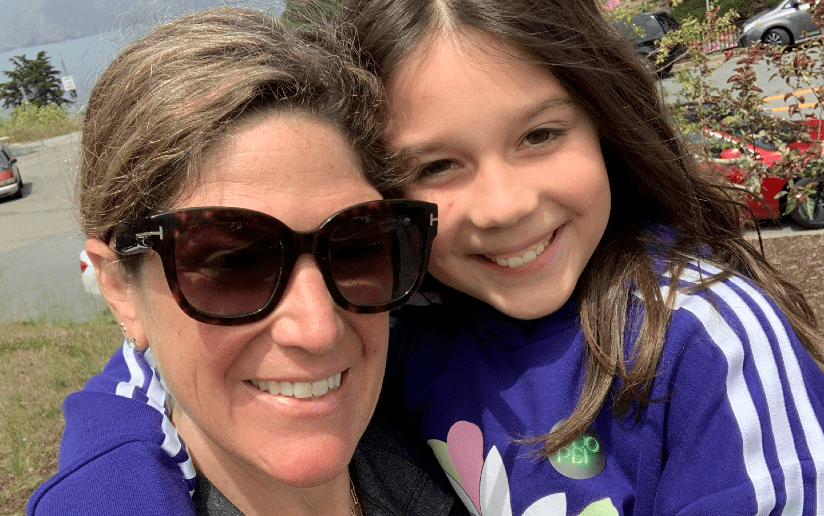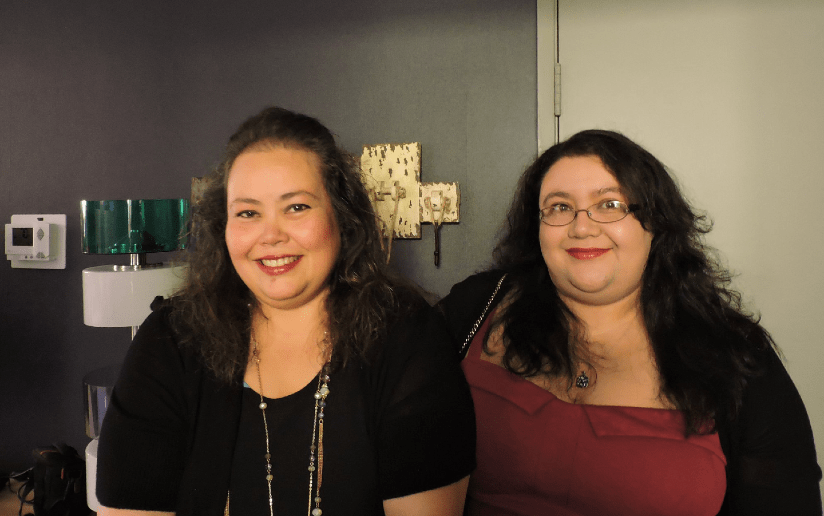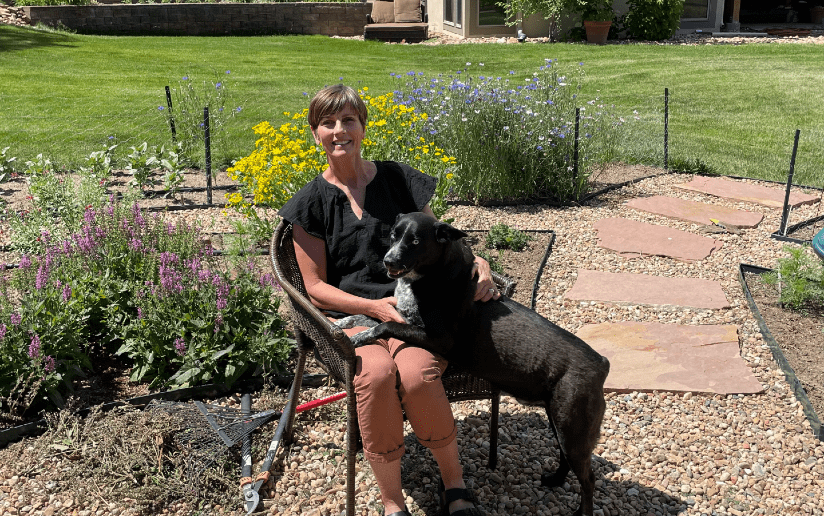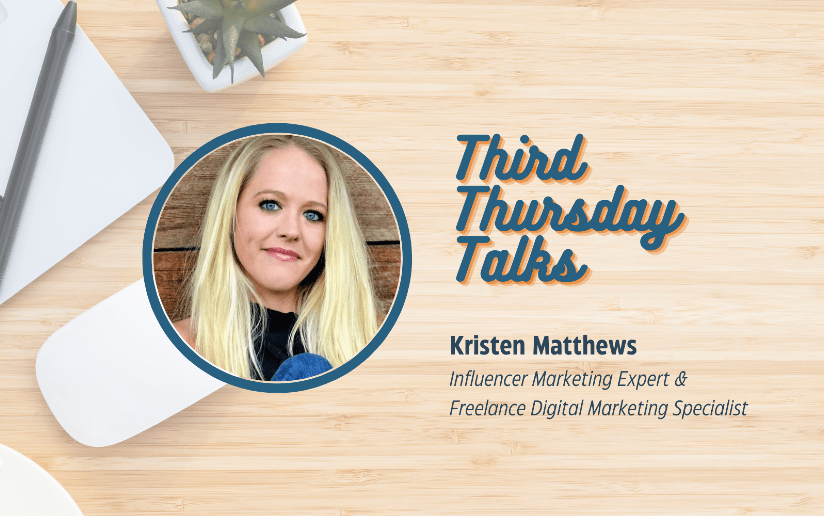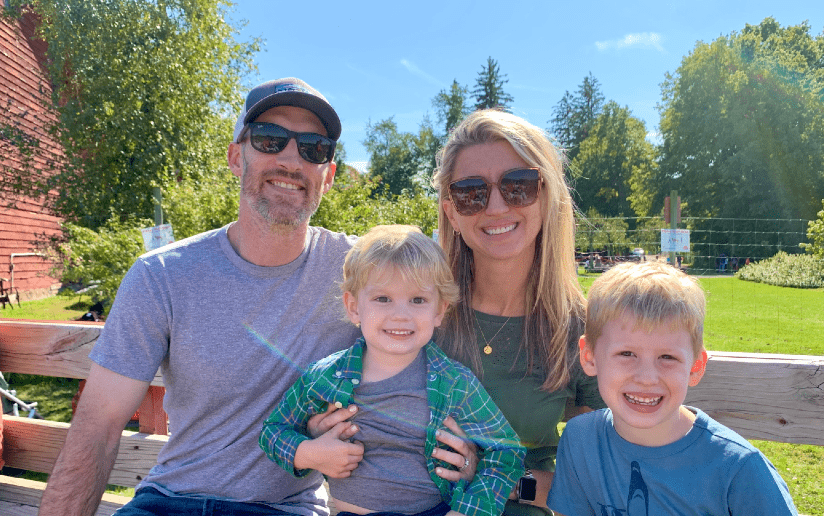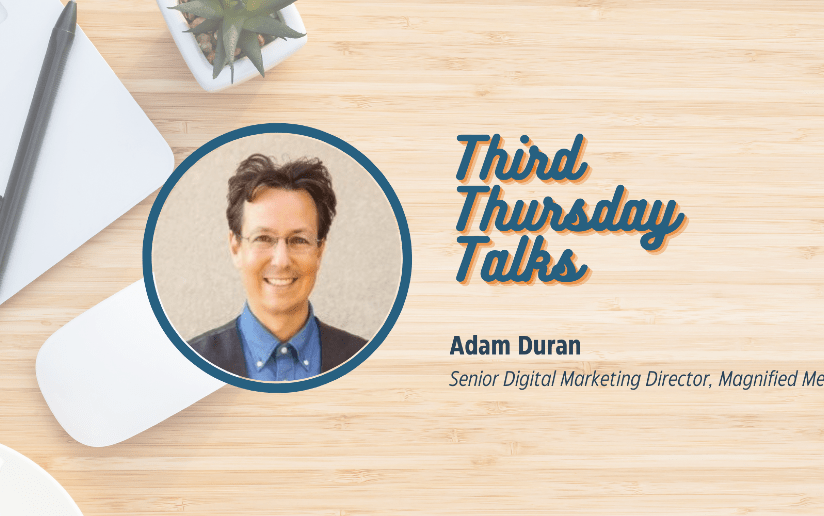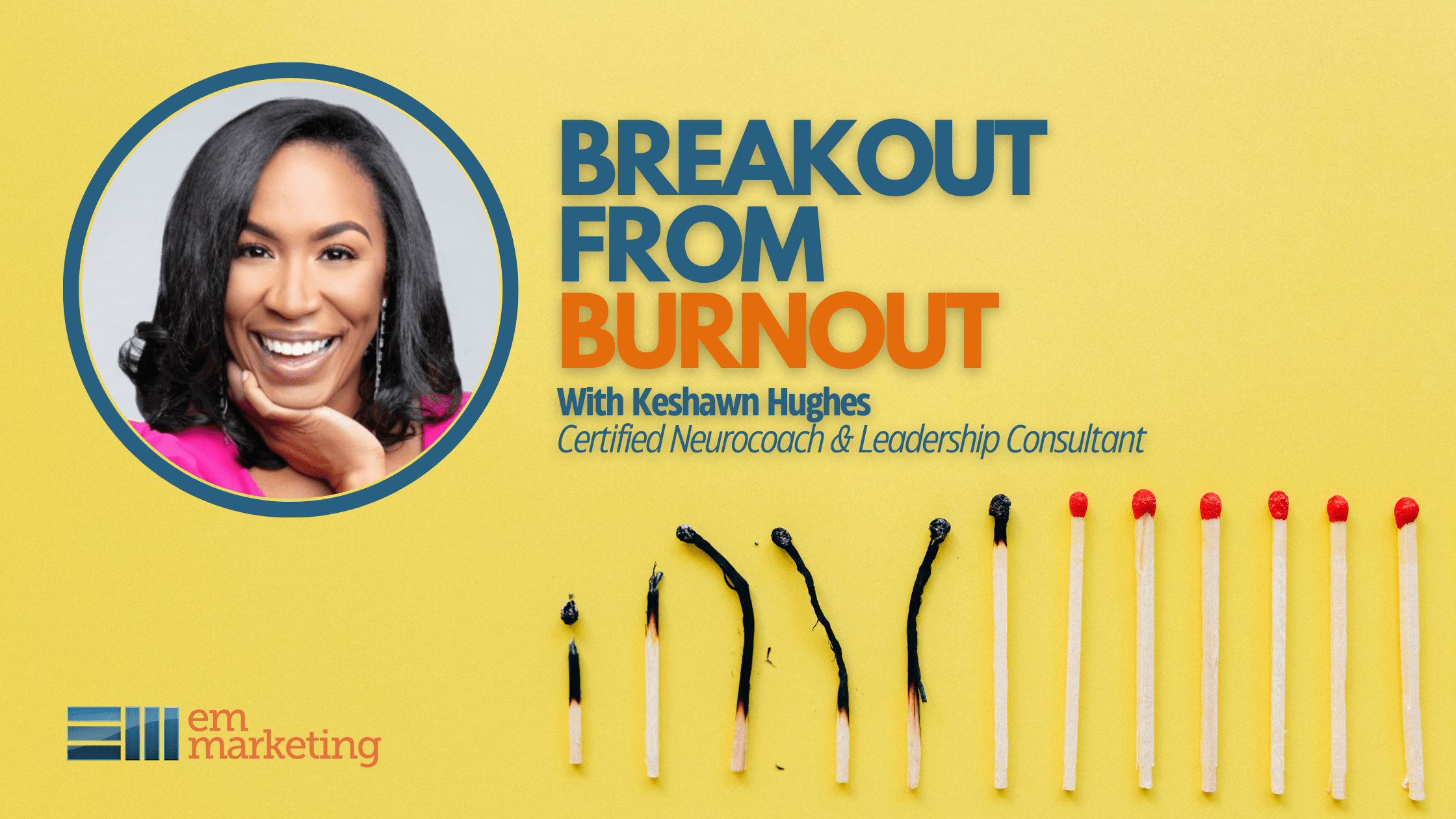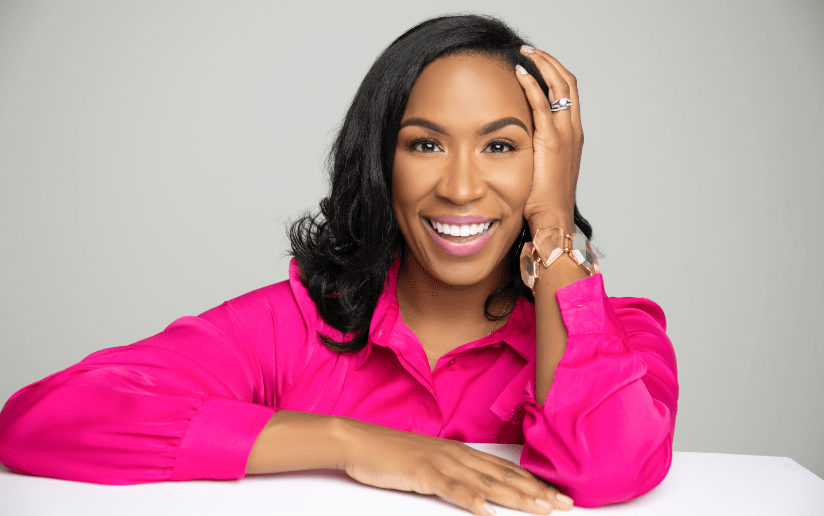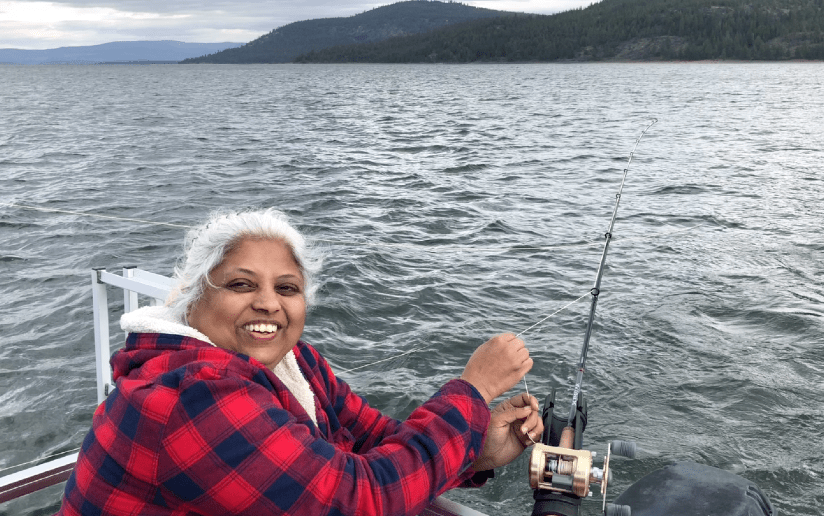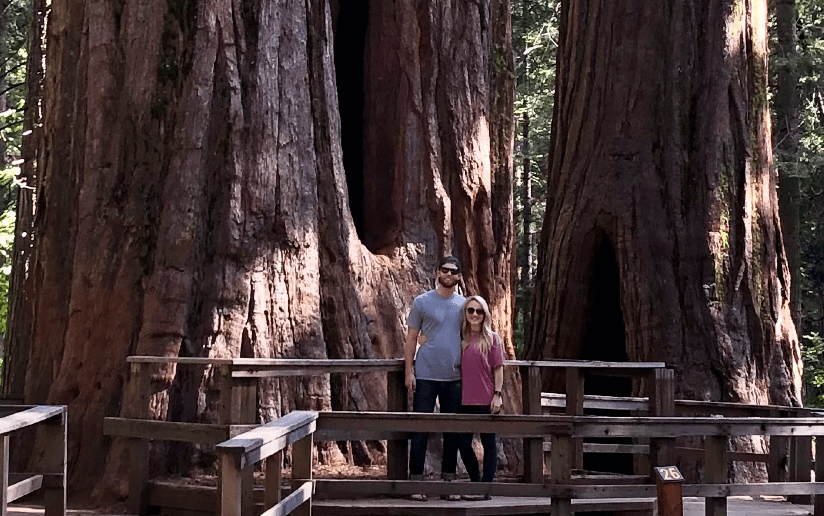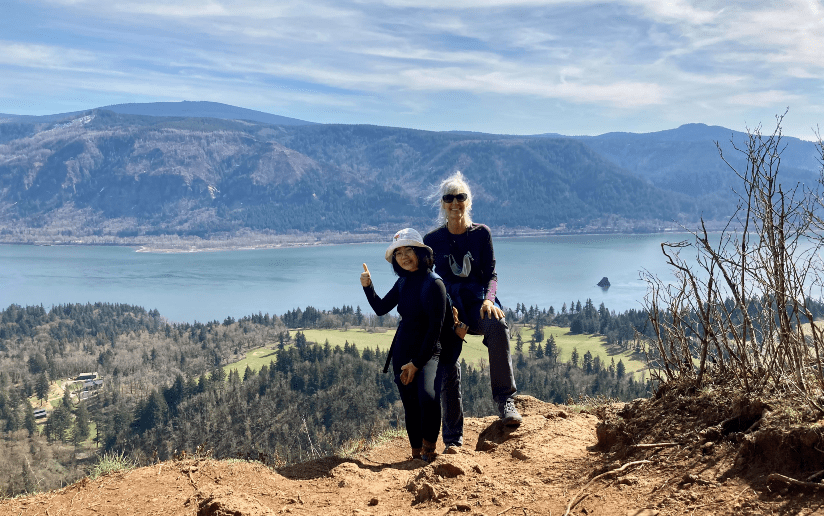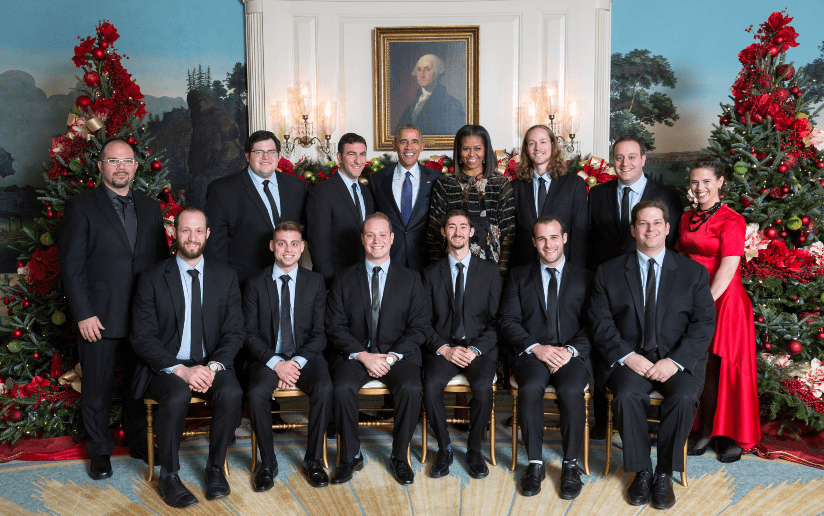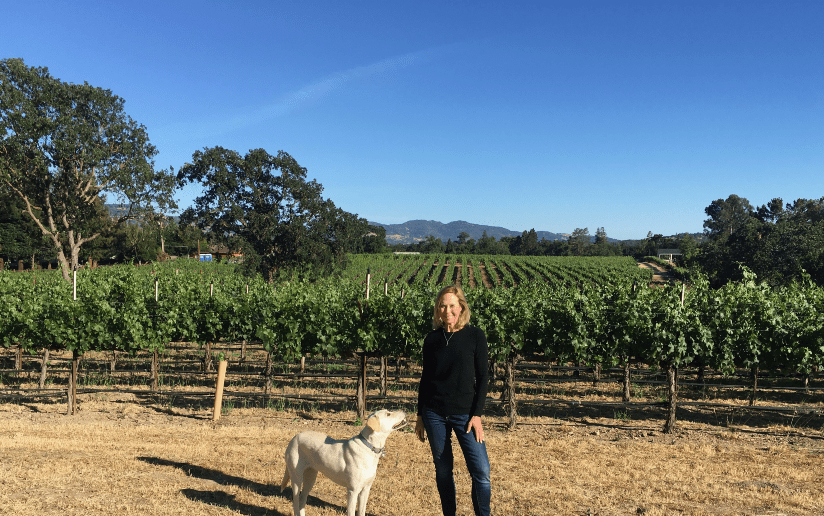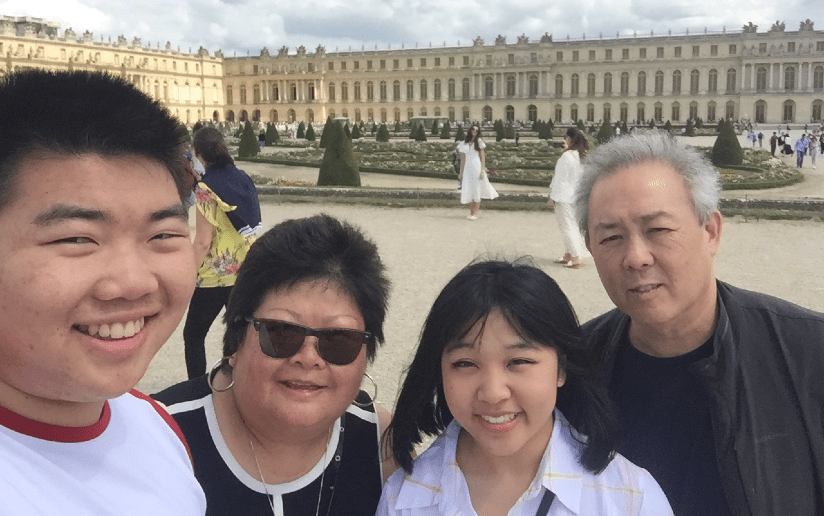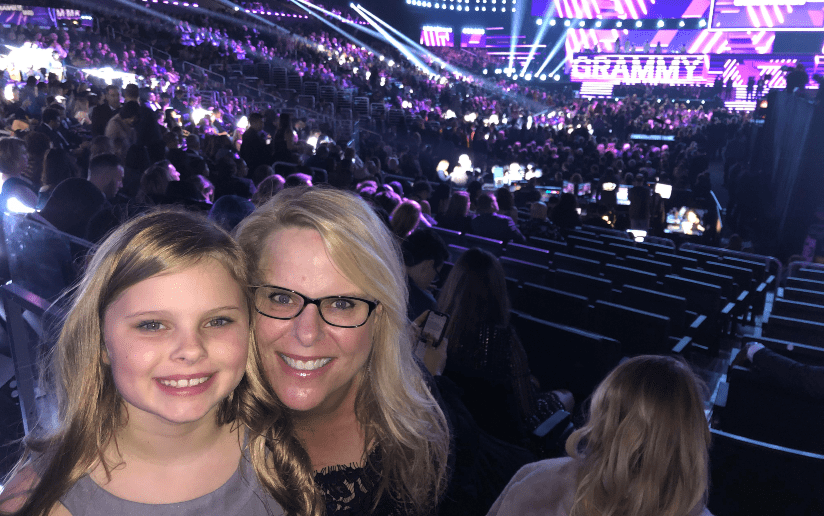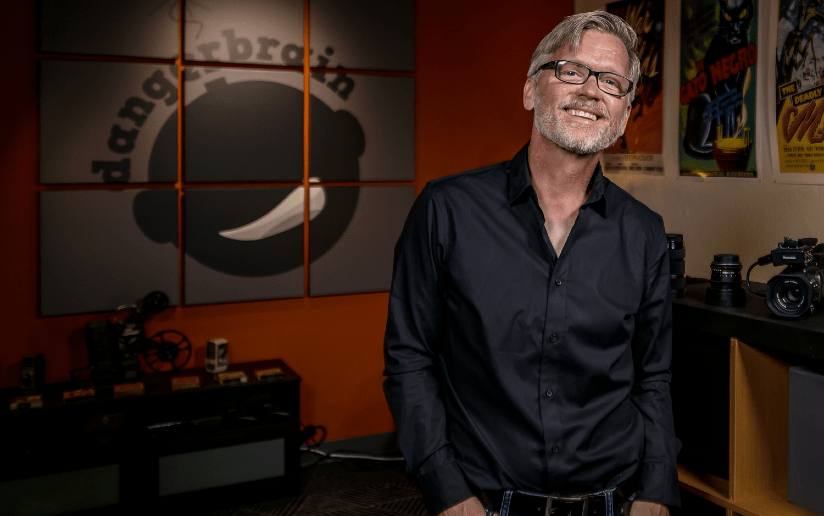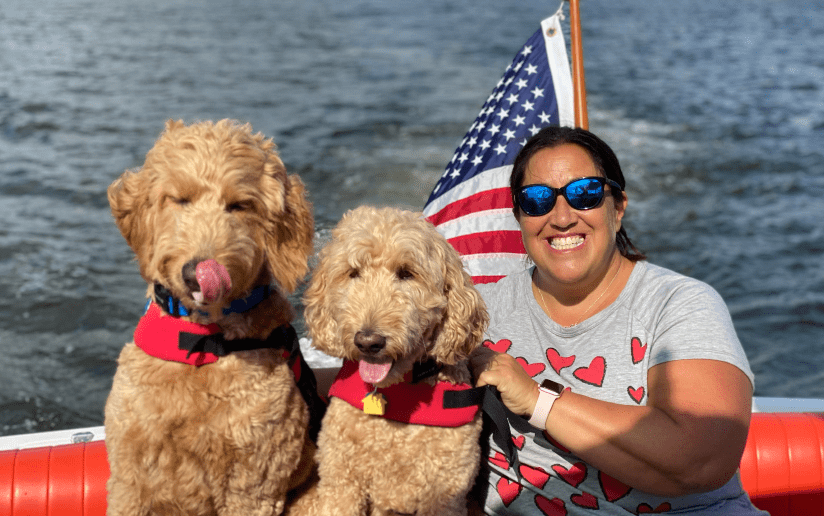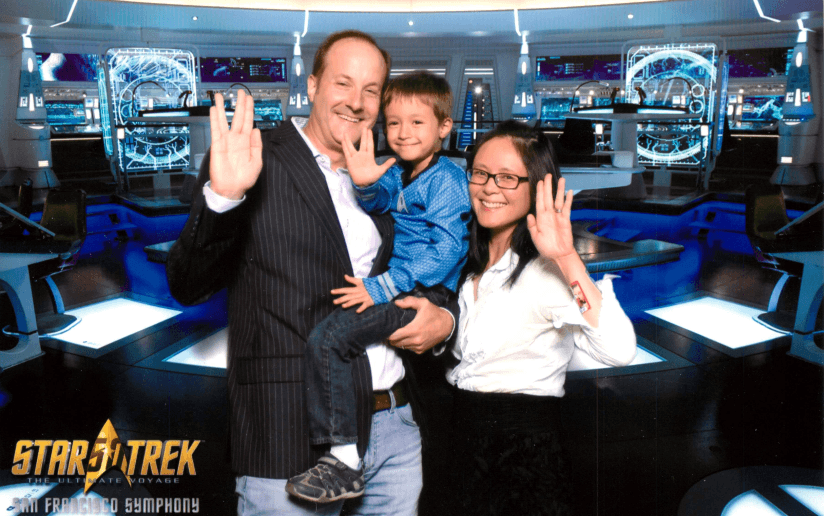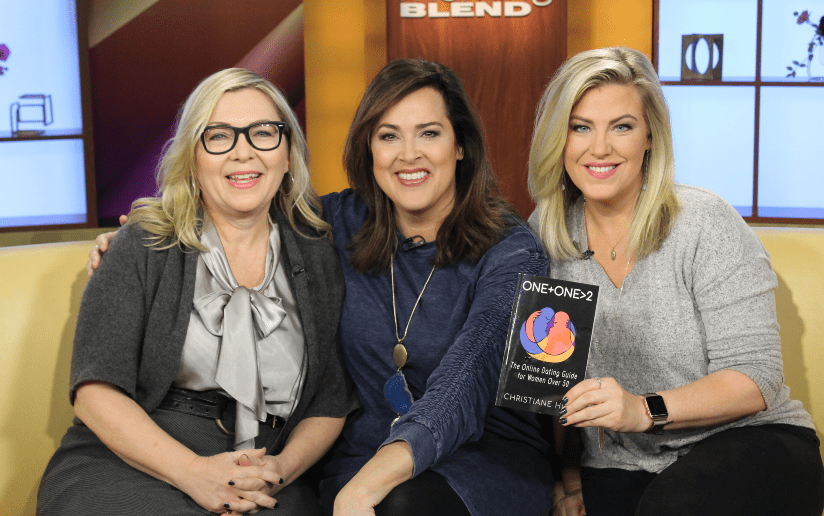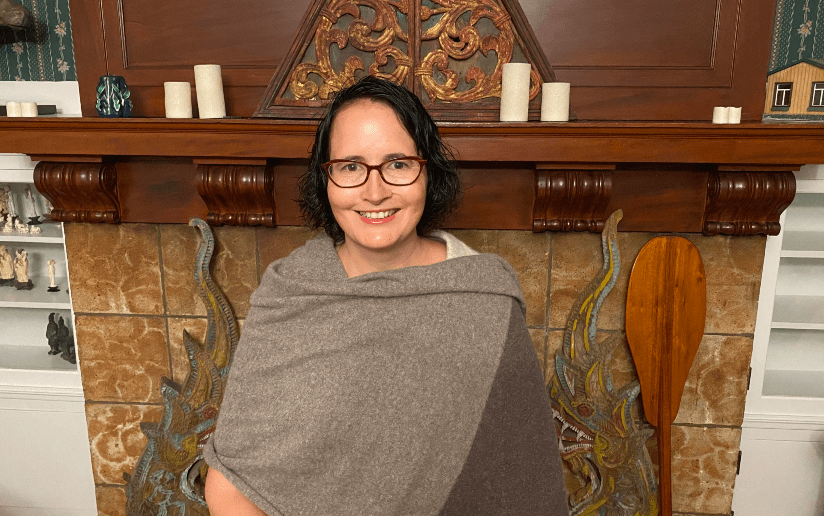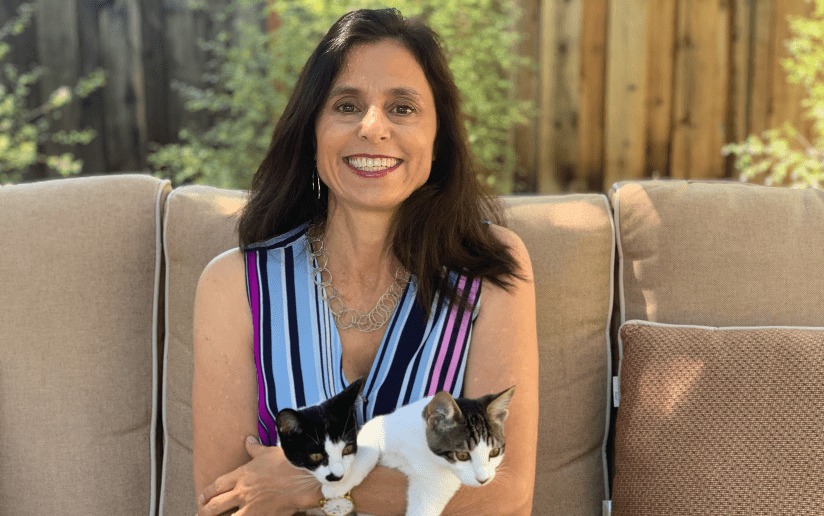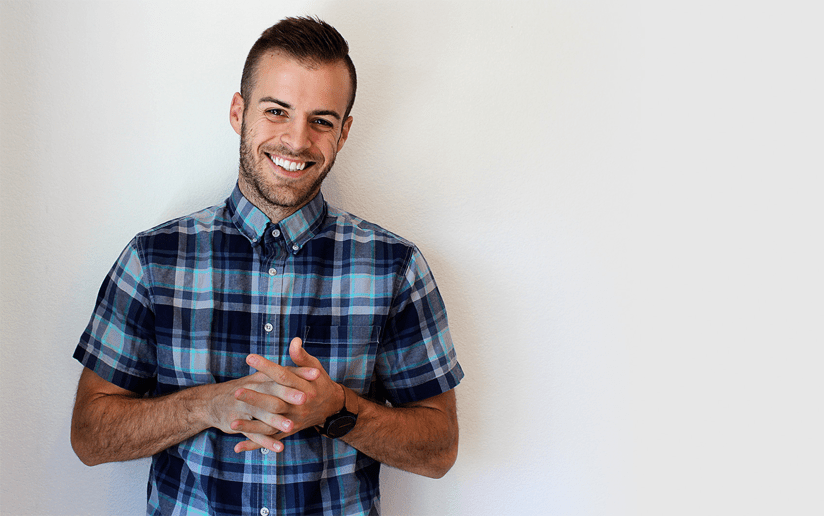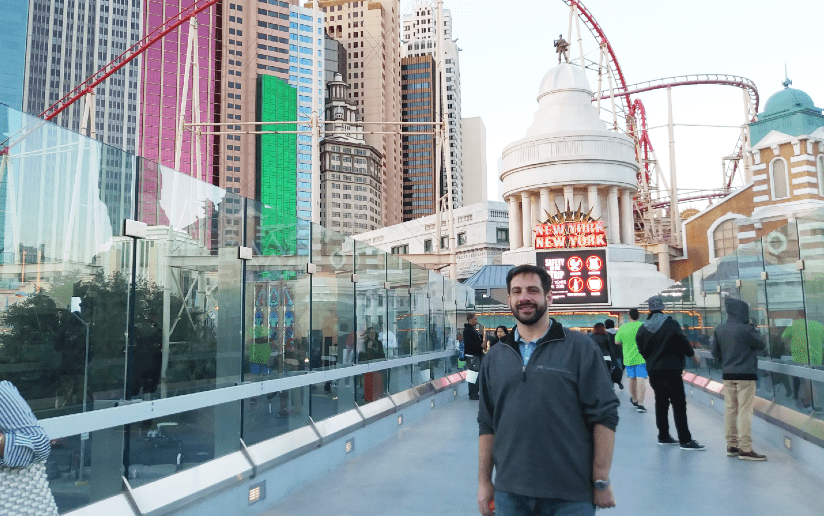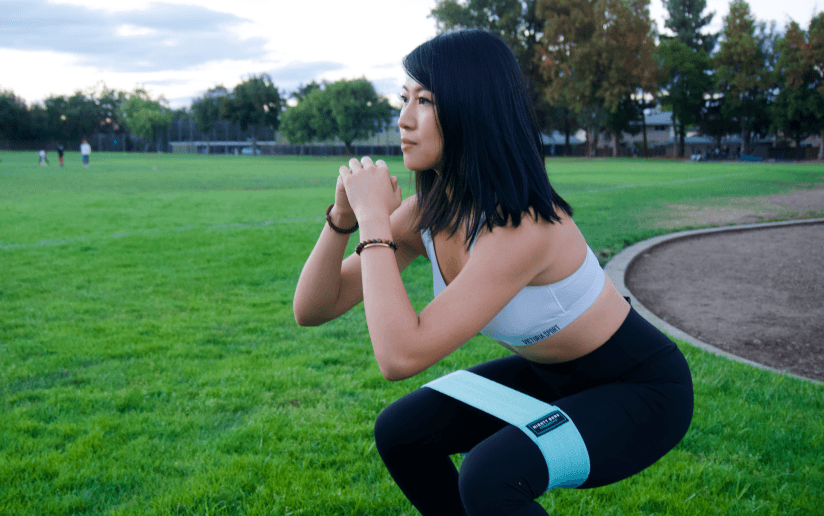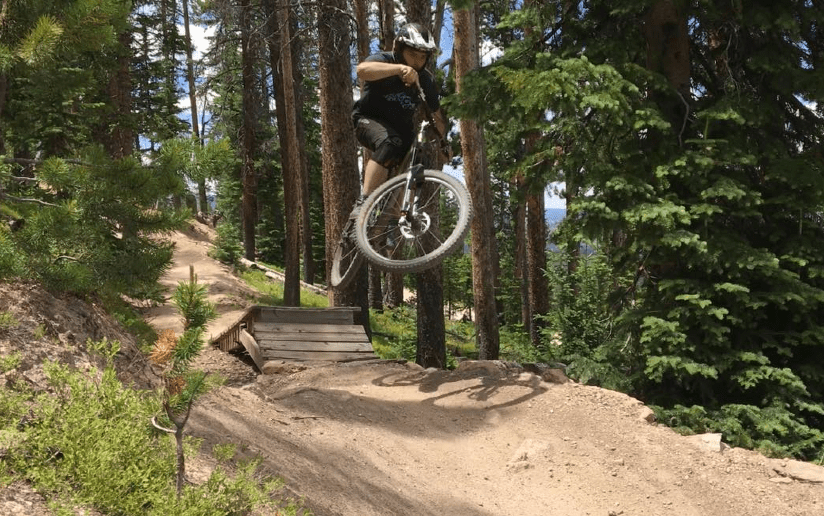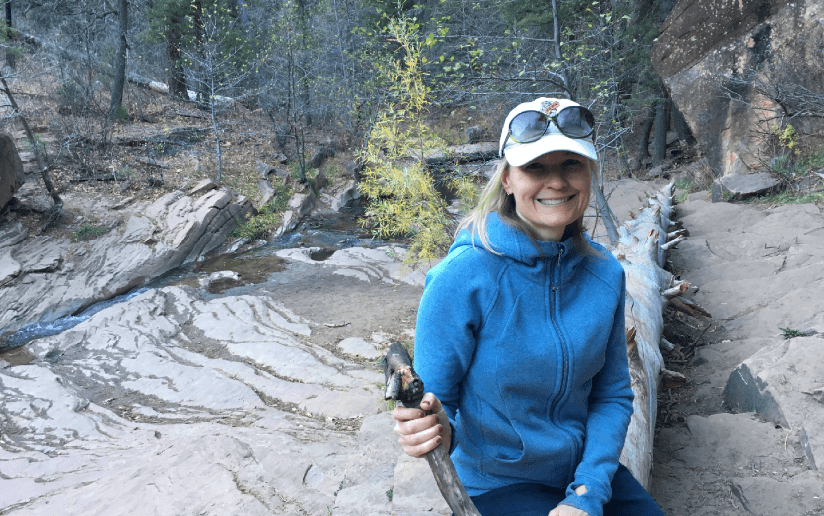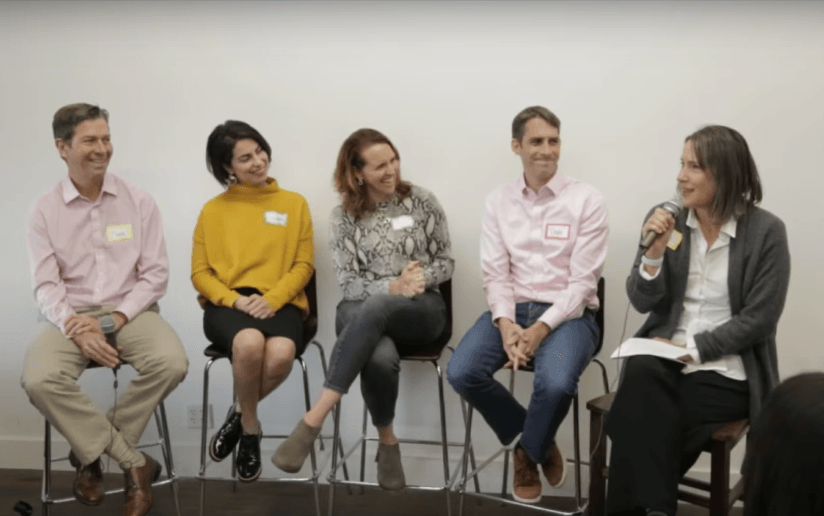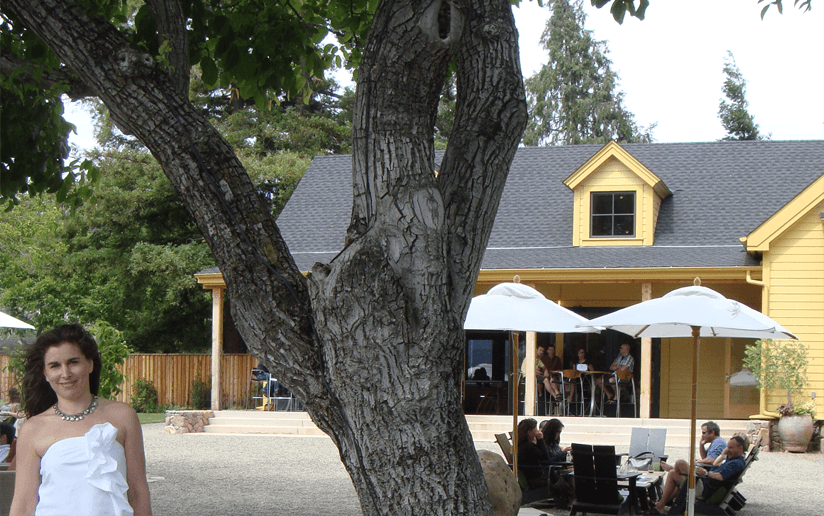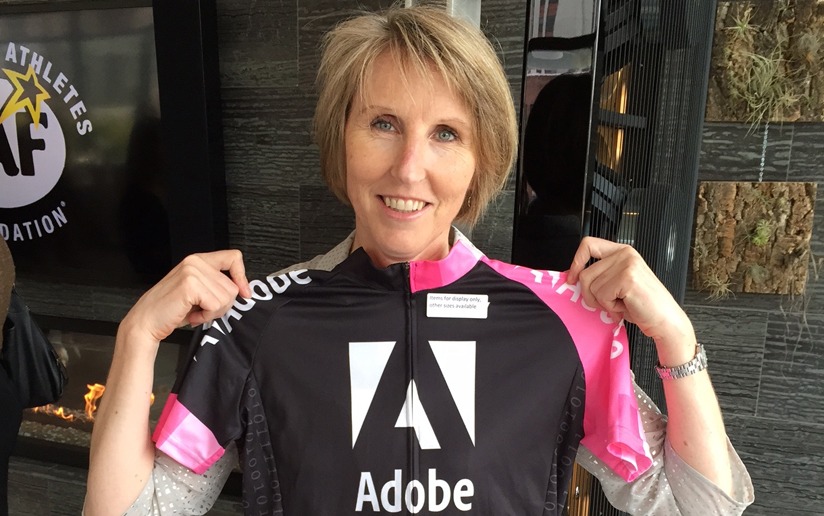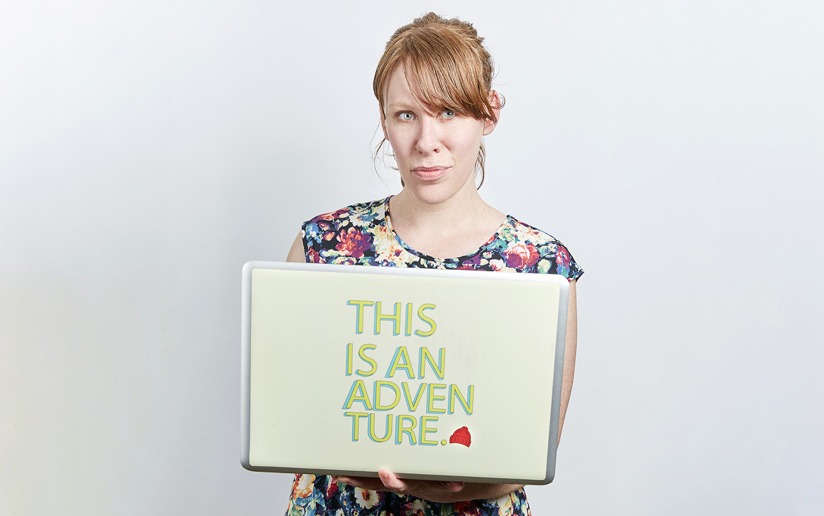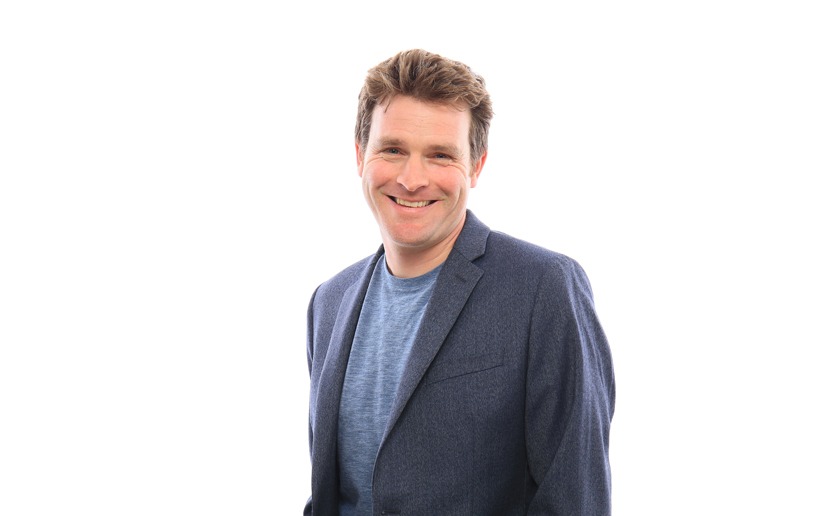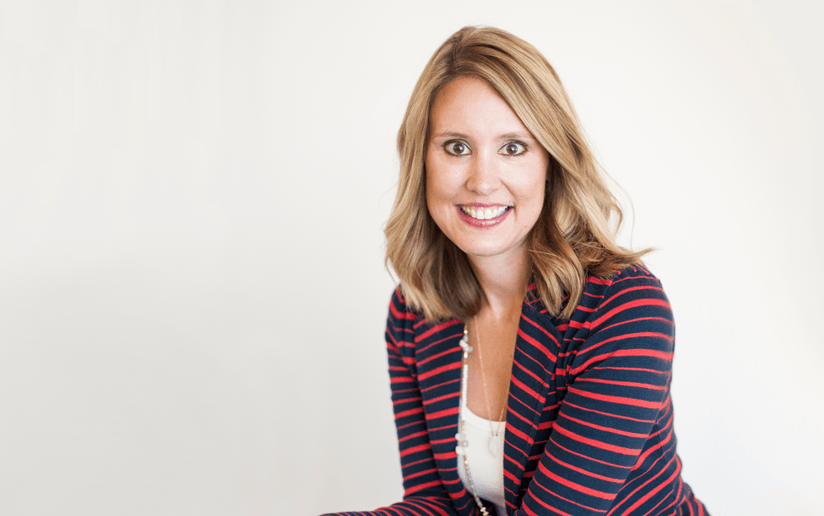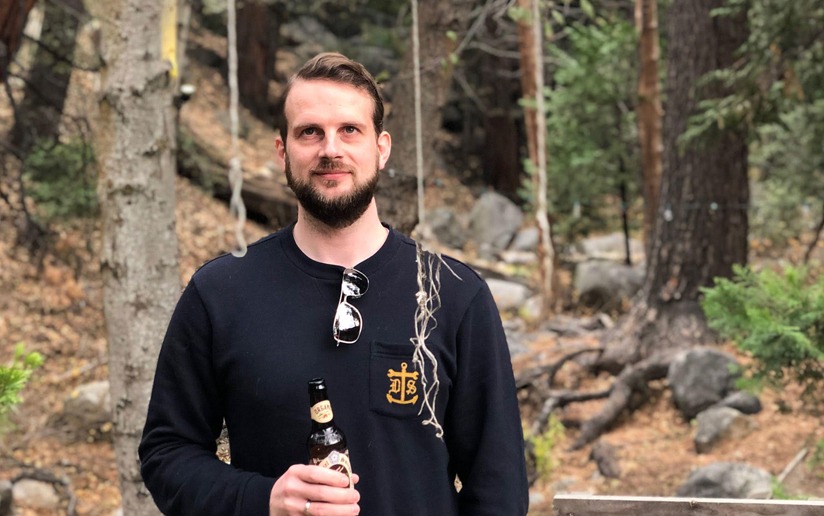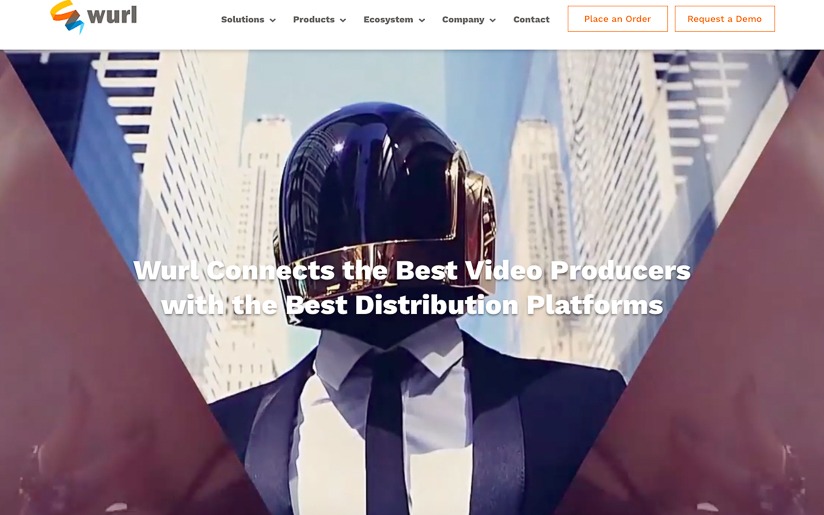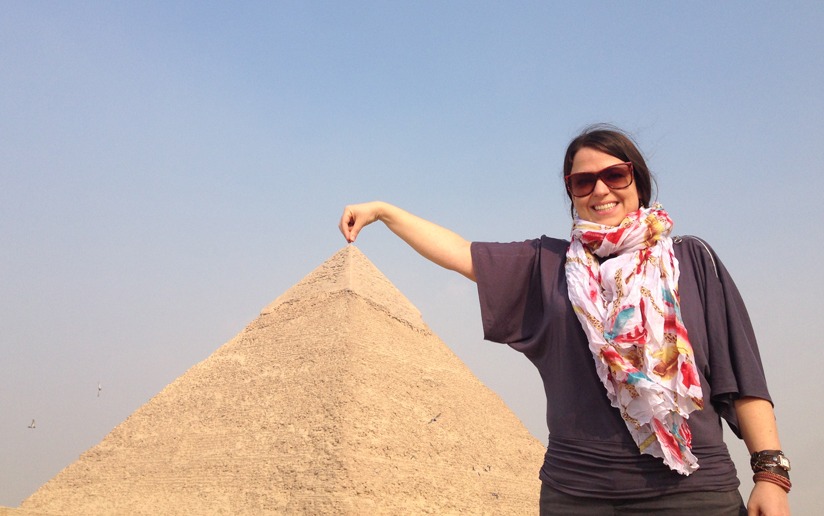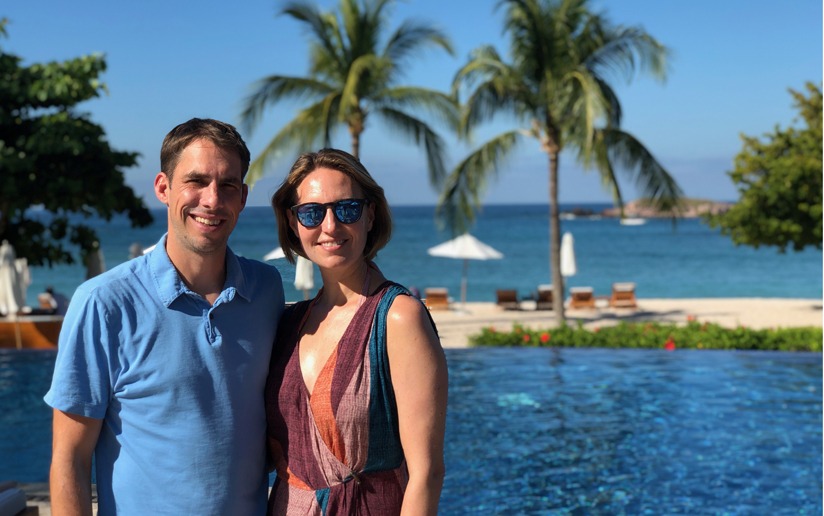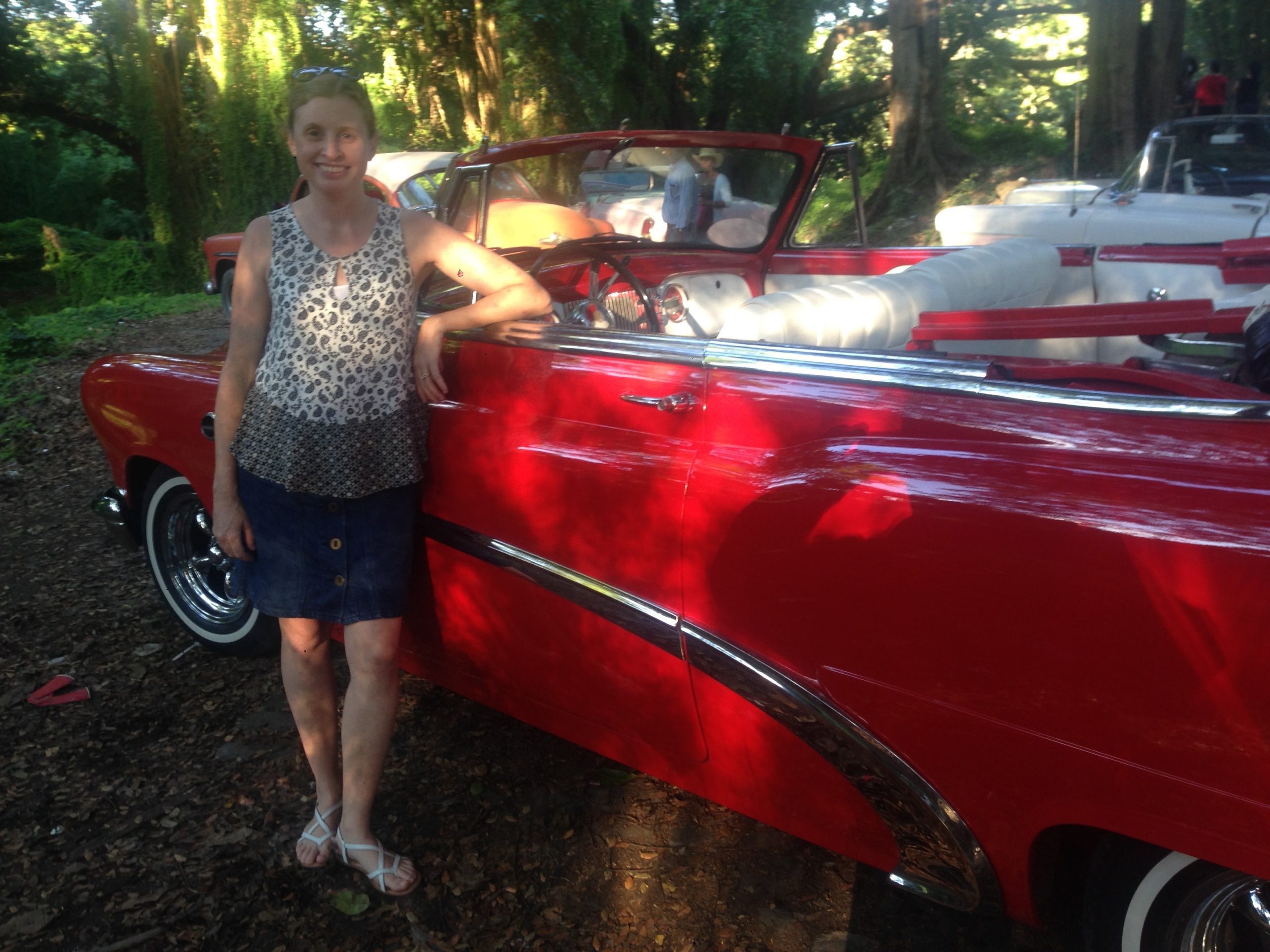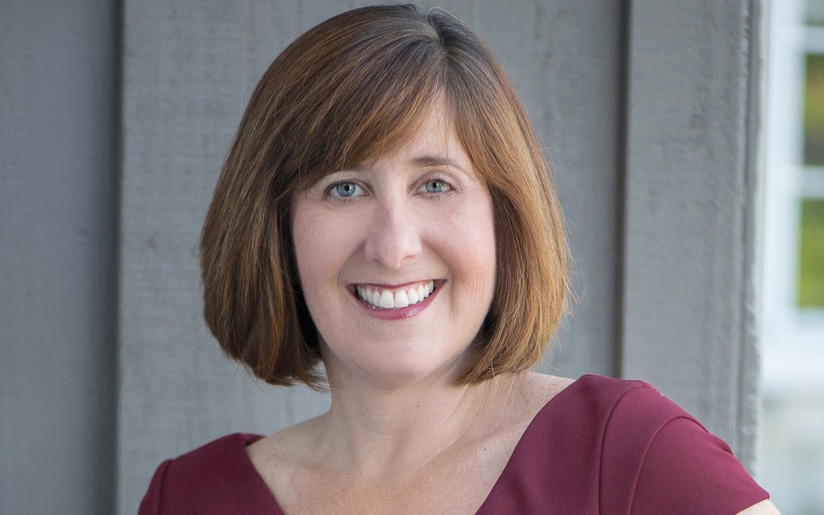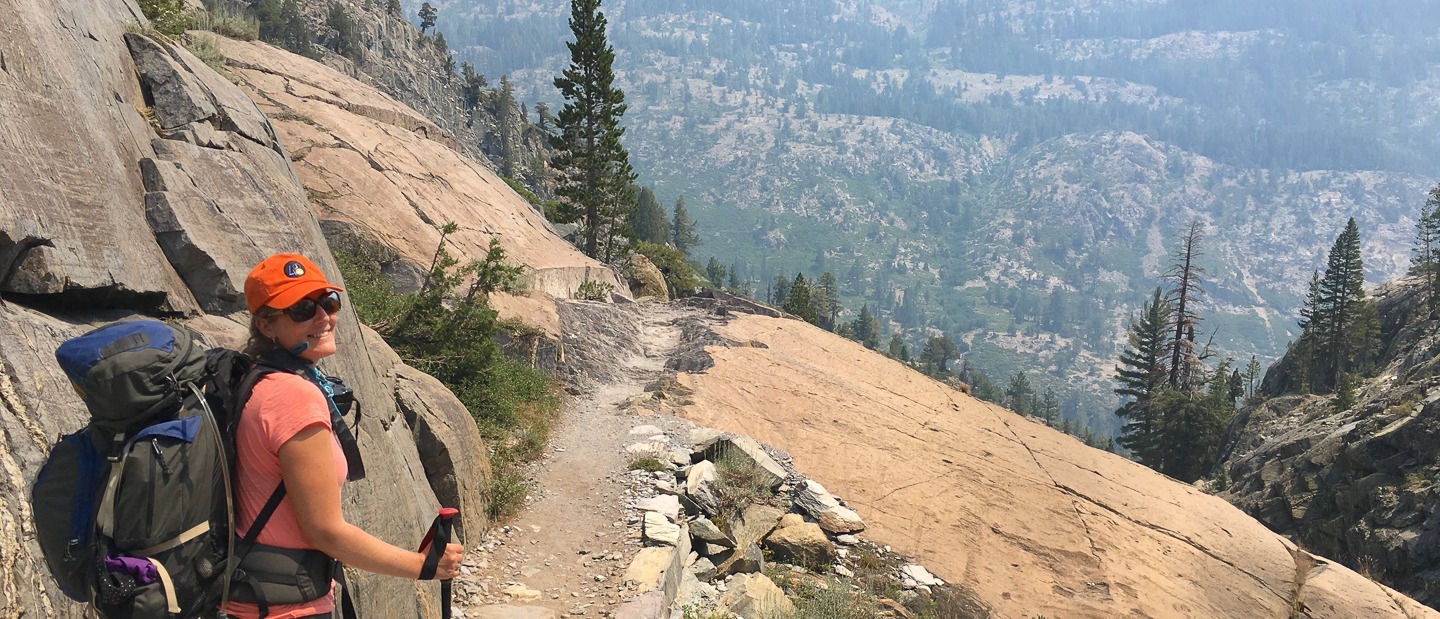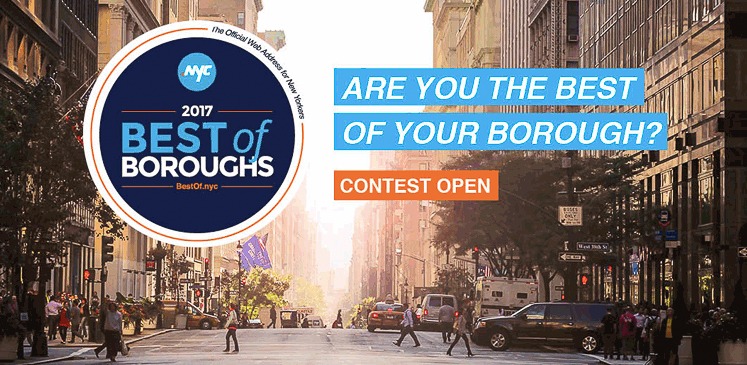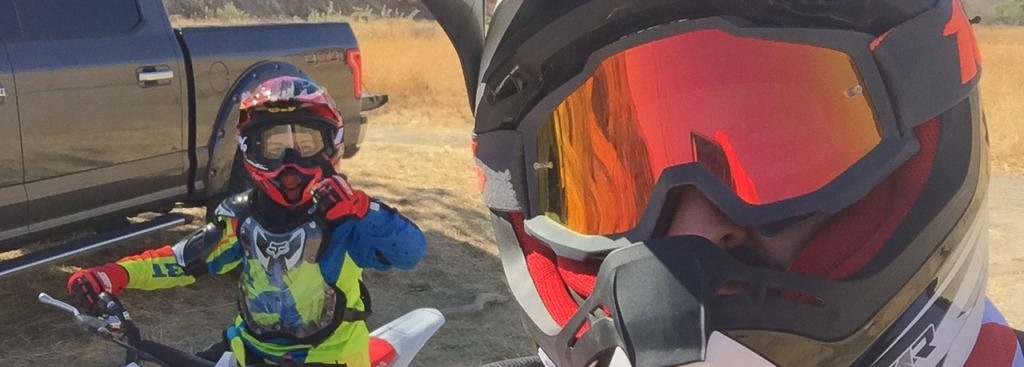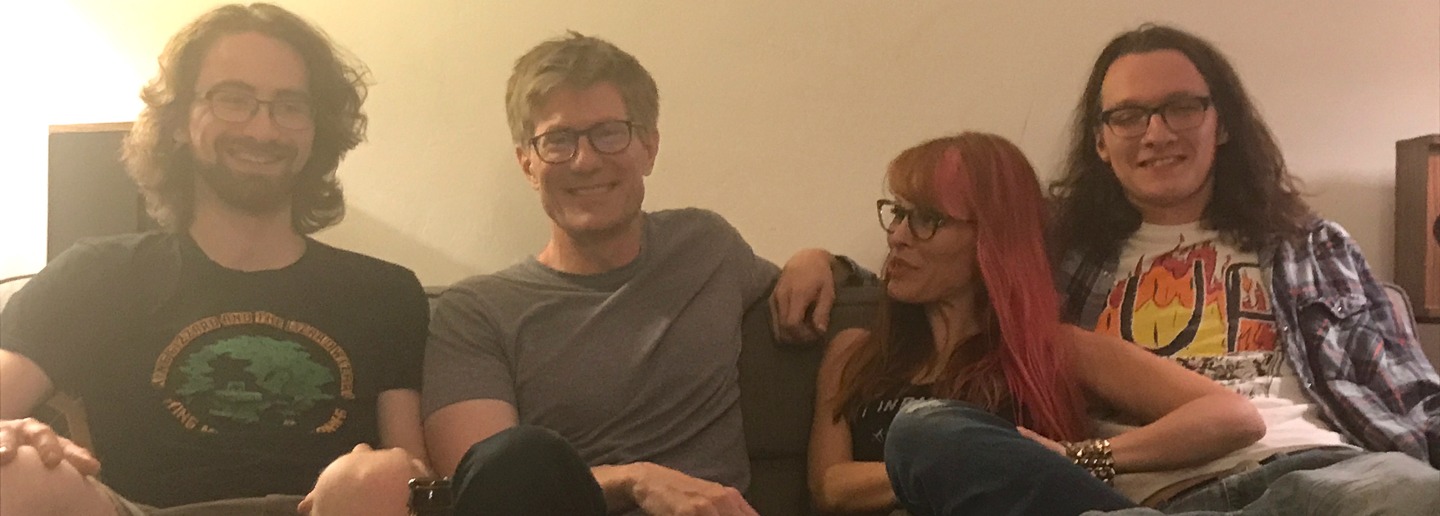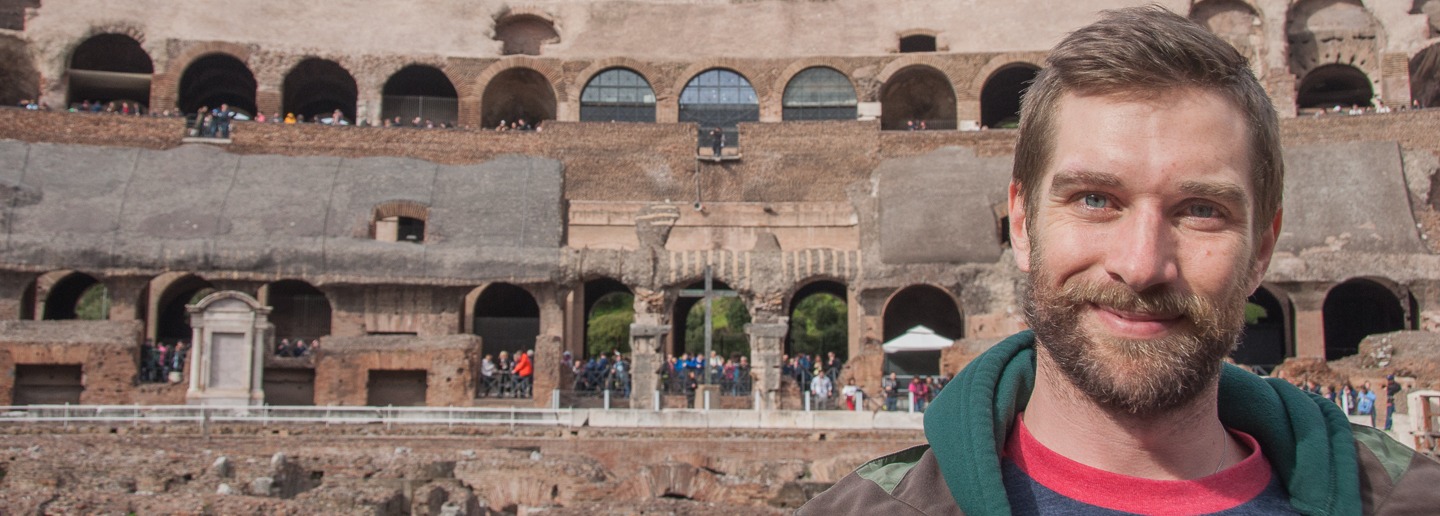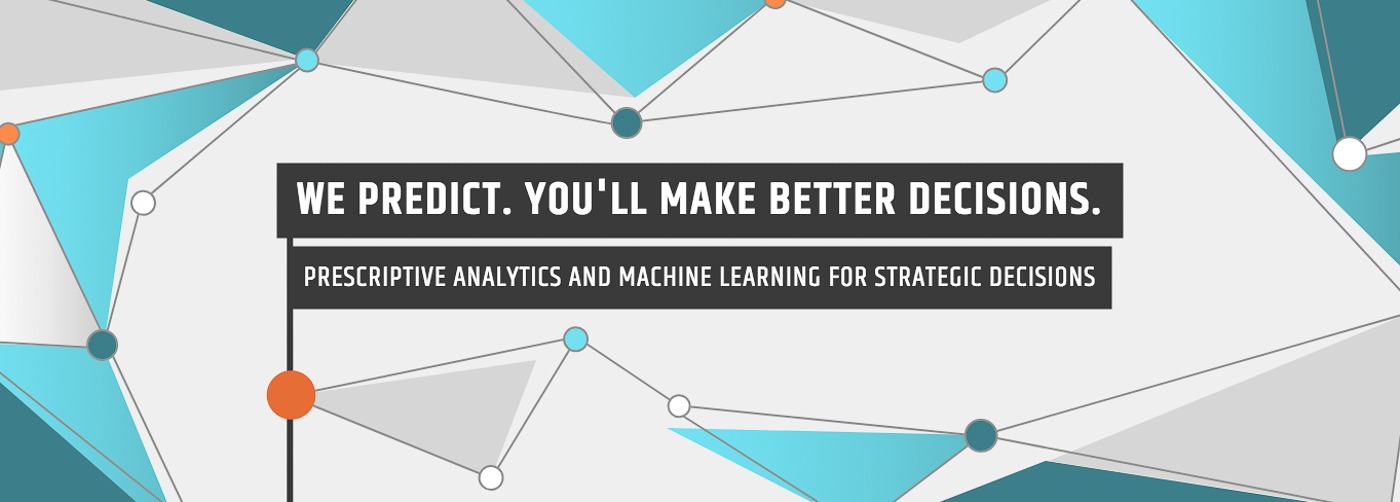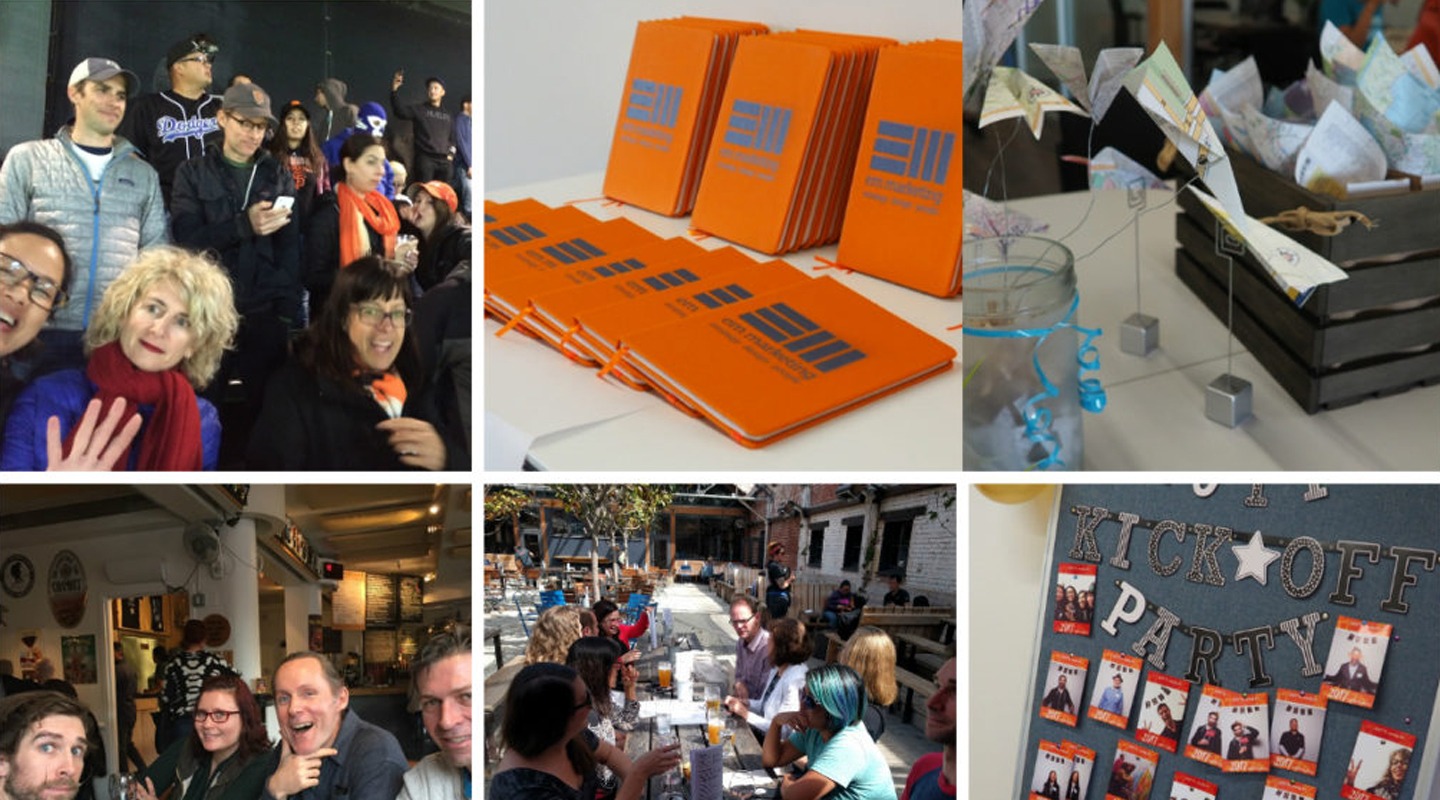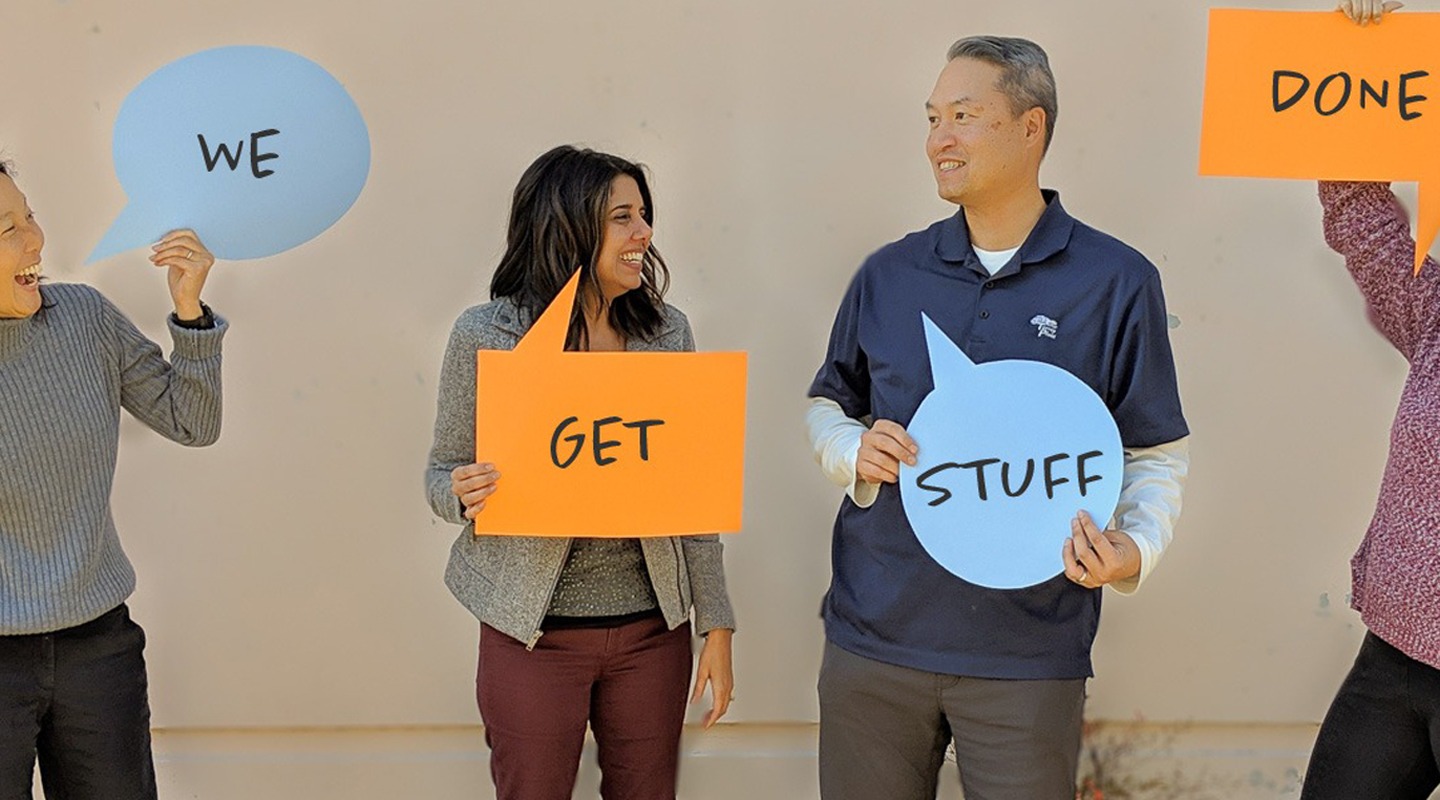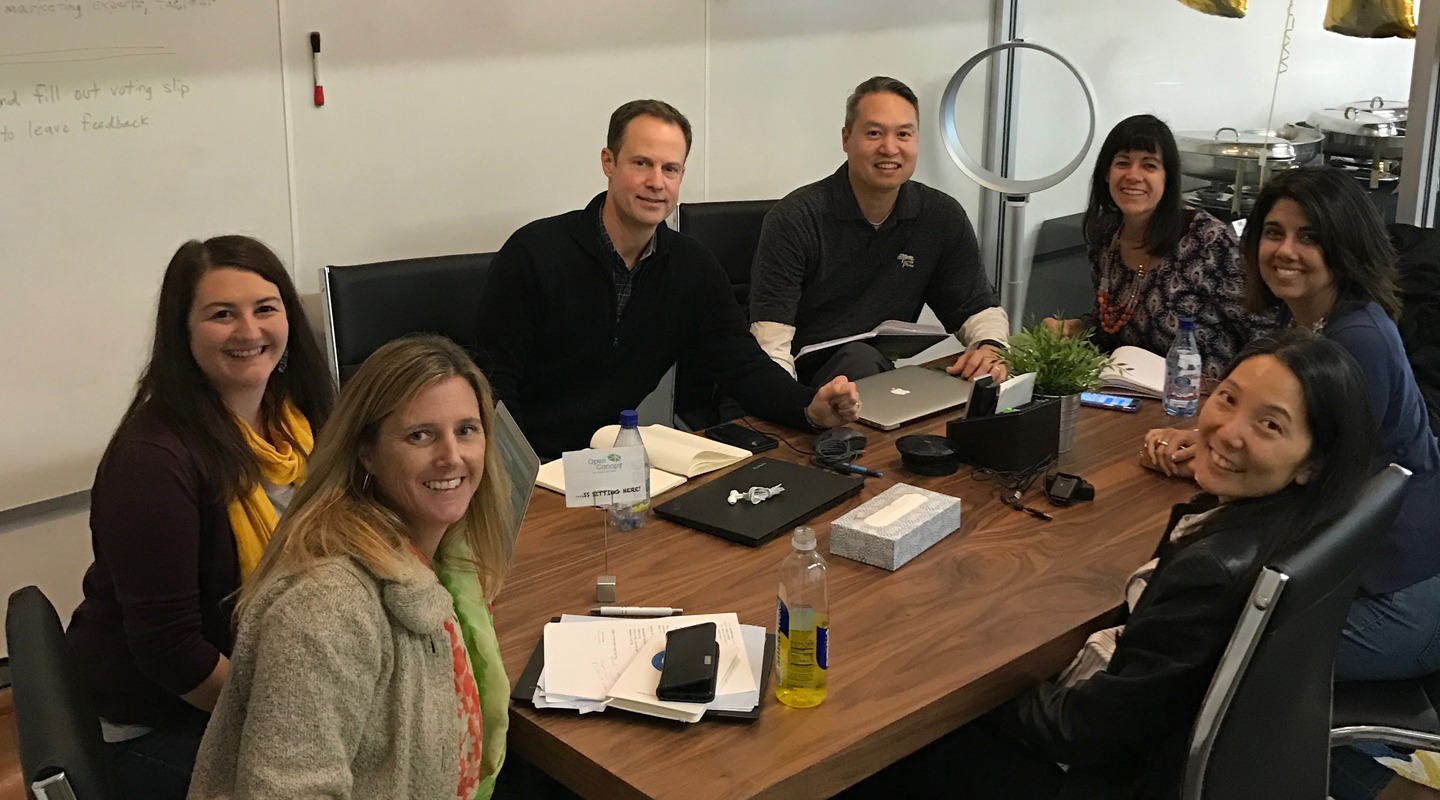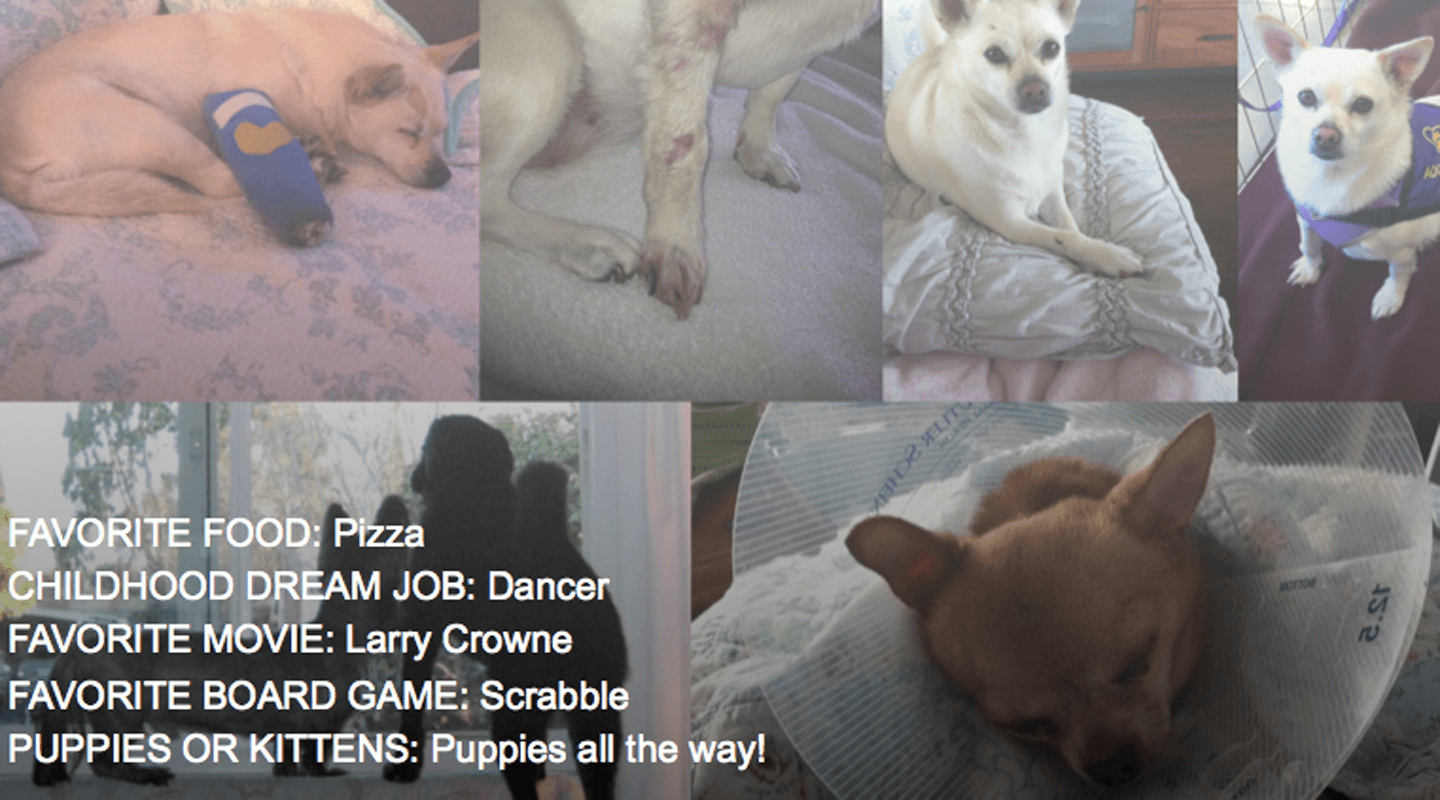
Marketing with Purpose and Passion: Meet Ileana Street
May Consultant of the Month
What are you currently working on?
I’m working with a credit union in Colorado, helping to create a member marketing strategy and develop campaigns. This has been a unique engagement in that I was asked to manage a team, rather than run a project.
Ileana’s Keys to Success
- Effective team management
- Working with a career coach
- Networking with interesting people
- Leading with kindness and humility
- Forming strong work relationships
It’s been an interesting challenge to build relationships over Zoom. To start getting to know my team members, I set up one-on-ones with them and used a Strategic Coach exercise called “The Communications Style Matrix.” You get to know their communication styles by having them answer questions like, “How do you like to send and receive information? What’s the best time of day for you?” I also asked people to bring an item that was special to them to one of our initial meetings. That was a way to really get to know each other personally.
What was your favorite project to work on or work you are most proud of? Why?
I’m an entrepreneur at heart and really enjoyed working with Techstars, an organization that sets up corporate accelerator programs for tech entrepreneurs. They wanted to showcase how they helped both corporations and startups form partnerships that led to breakthrough innovations. I interviewed startup CEOs to learn how they started their businesses and what the critical junctures were. I also talked to chief innovation officers of big companies like Comcast and Equinor, an energy company in Norway, about how they worked with entrepreneurs. I wrote case studies and shorter form articles to help attract other companies into the Techstars program. I was truly inspired by the entrepreneurs and innovation leaders I spoke with, and it was a joy to turn their work into stories that helped others understand their struggles, process and incredible accomplishments.
Through EM, I worked on several projects with a startup called Adjacent Academies. They offer a tech semester to liberal arts college students who want to explore computer science without committing to it as a major. I loved the concept, and I enjoyed the agility that we had. The CEO, her main partner and our EM team were able to move very fast with decisions, and it was a lot of fun.
Why did you decide to become a consultant? What path did you take to become a consultant?
I’ve led teams throughout my career and worked at mission-driven companies that serve kids or the community. My last position was as the senior vice president of marketing for a summer camp business in Boulder. I had been working in the industry for over 13 years as a senior leader, and felt like it was time to do some soul-searching to see if I wanted to explore another industry or type of role.
I worked with a career and life coach and he helped me decide that consulting would be a great way to do this. I didn’t necessarily go into consulting thinking I need a change of lifestyle or that I wanted to commit to this path forever.
I’ve been doing it now for two years, and it has been neat to be able to help different types of companies and see different leadership styles. It’s helped me understand my values. It has become clear that I really do enjoy leading a team.
It’s been a great opportunity for me to practice being humble and kind and not being wed to my recommendations.
When you’re a consultant, you’re in a service role. It’s been a great opportunity for me to practice being humble and kind and not being wed to my recommendations. You have to go with the direction that your client wants. I’ve become better at giving and receiving feedback.
What has been your biggest challenge about being a consultant? How have you addressed it?
When I first started providing proposals, I put too much time and detail into scoping projects. After working for a while, I realized these scopes can change. There’s a fine balance between detail and keeping it broad enough to allow yourself flexibility to change tactics midstream if you need to.
Another challenge is to be clear on what type of work you’re excited about versus what type of work is not right for you. Early on, for example, I accepted some work with a client that I quickly realized was not a good use of my time. It certainly was a way to make money, but I was not growing from it at all. I did it for a little while and gave them ample notice so that they could find another solution.
What do you love about consulting?
I like that you don’t get as mired in the politics of a business, and you can focus more on the work and the outcomes. I’m a very committed and loyal person, so I will always finish the project, but I also enjoy knowing that if it isn’t the right fit for me long-term, that I can easily make a change.
I have appreciated being able to work from home and for my kids to be able to just connect with me whenever they need to. Interestingly though, I do prefer being in person with a team, and if I had my perfect work life, I’d work a few days a week in an office with others.
How do you market yourself?
My philosophy has been that I just need to do great work for the people I’m working for and form strong relationships, so that they’ll think of me if a contact of theirs needs a referral.
One thing that my coach taught me was an entirely different approach to networking, which made me less anxious and stressed about it. I’ve never liked having a conversation with someone just to keep up my network. It felt a bit disingenuous to me. I was always hesitant to ask for coffee dates, because I felt like, at the core of it, it was a sales pitch.
My coach helped me reframe it by thinking about people who I find interesting or that I’ve wanted to get to know better, period. They don’t have to have anything to do with my industry interests or the type of work that I do. I love to learn more about who they are and what they do. It doesn’t have to be about me at all. I do think that that type of networking can be fruitful, and it also felt more authentic to me.
What are the things you like to do when the work slows down?
One thing that my coach encouraged me to do was to pursue the hobbies that give me energy. One thing I started back up after a long time is dancing. I really love merengue, bachata and tango. I also like to go running. That’s a big release for me. There are great outdoor trails here in Colorado.
When I’m not working, I’ll get to those house projects that keep building up as a list in my head. For example, we took the week off for spring break, and I made two photo albums that I’ve been meaning to do forever. I finally made an album for my now six-year-old (long overdue!). I like to organize myself and think about how I can improve my website or LinkedIn profile.

What are tips you would give to new consultants?
For people trying to get into consulting, I would recommend the low-stress networking approach. I do recommend improving your LinkedIn profile because that’s one of the first things people look at to get to know you. If you don’t feel that’s your strength, you could pay someone to do it for you.
Don’t get too hung up on picking the perfect project or the right project. Just dive into something that interests you and use the opportunities that come your way as learning experiences to help you really zero in on what it is you like to do and to build the skills that you need to manage clients independently.
The final tip is to use the Harvest app, what I use for tracking time with clients. I now can create invoices in a matter of minutes; it’s precise and I don’t feel like I’m short changing myself or overcharging.
